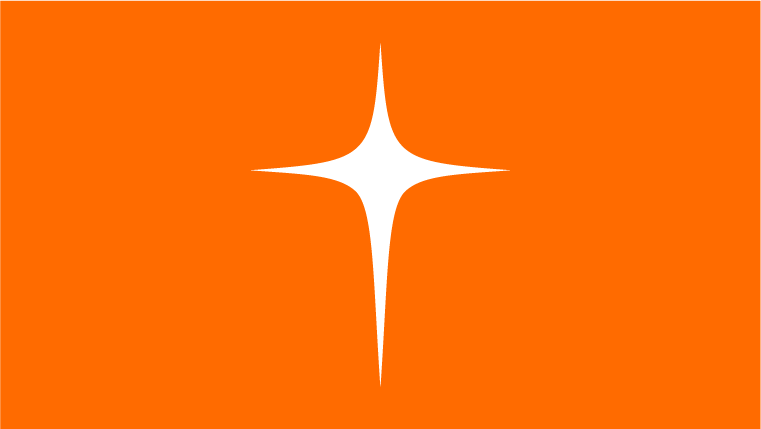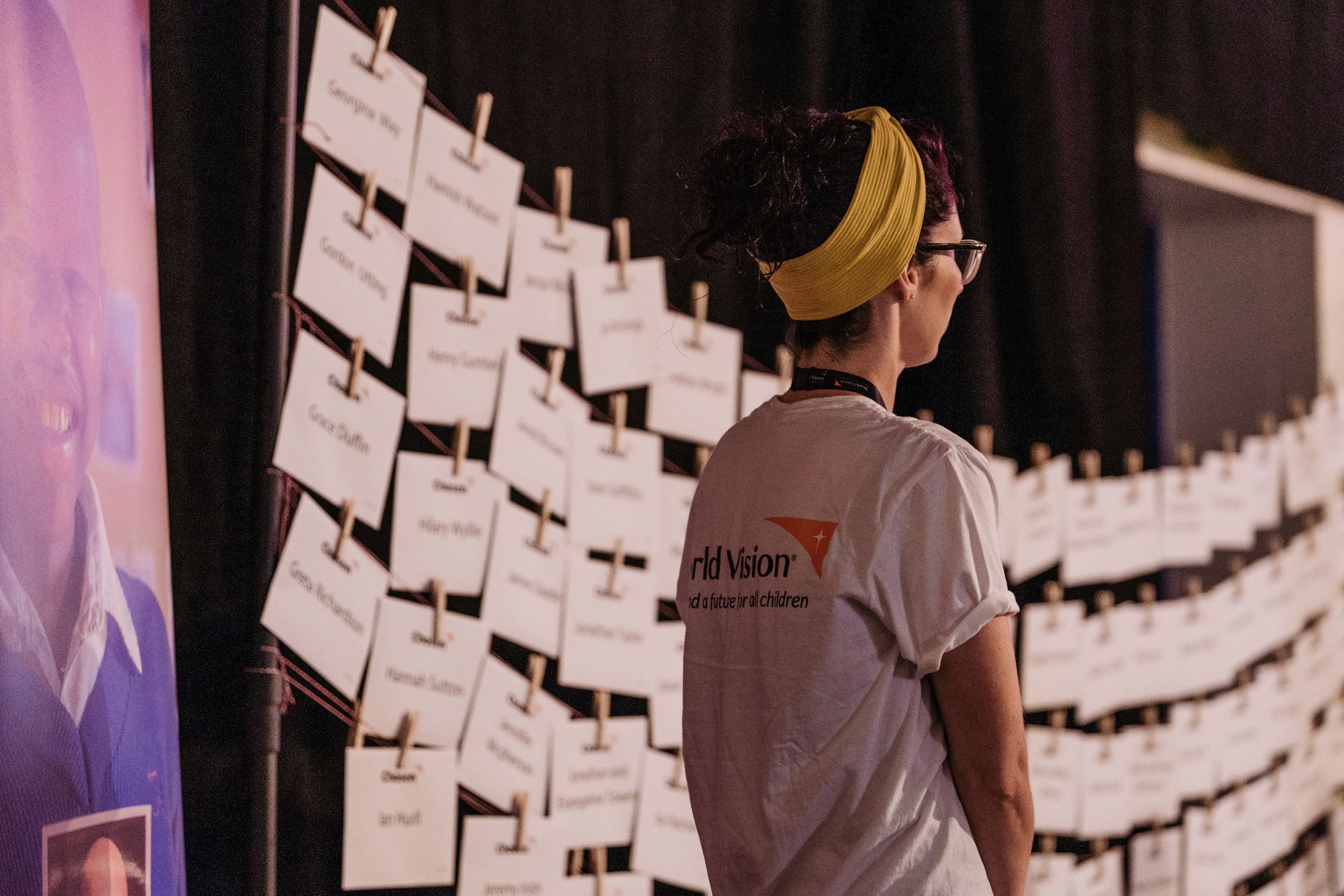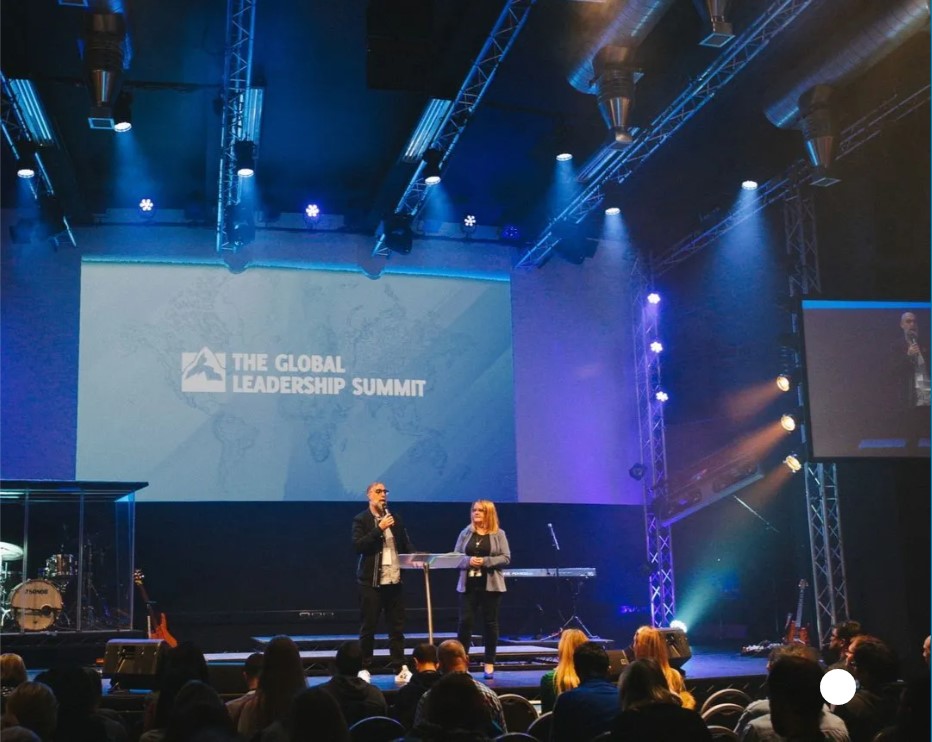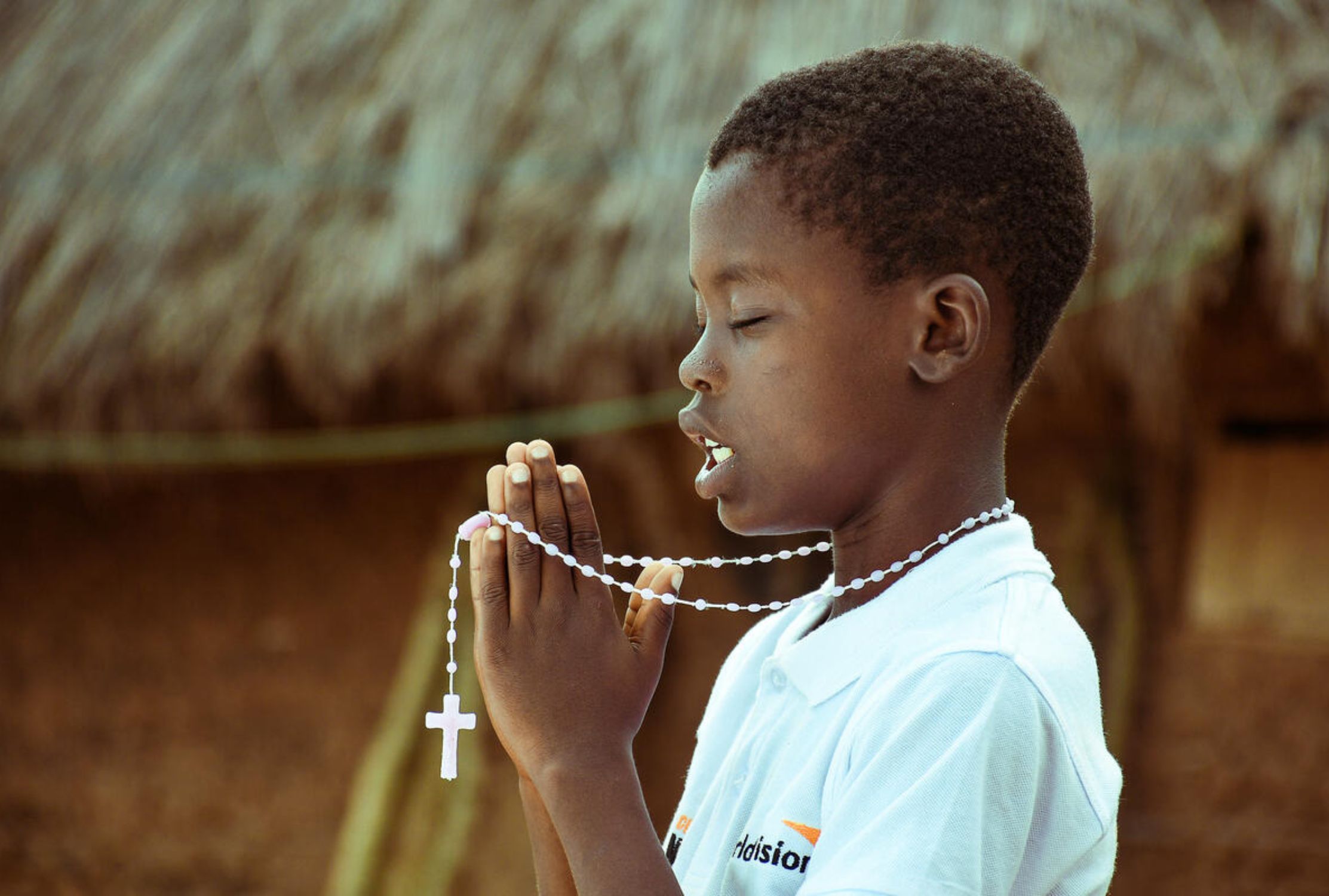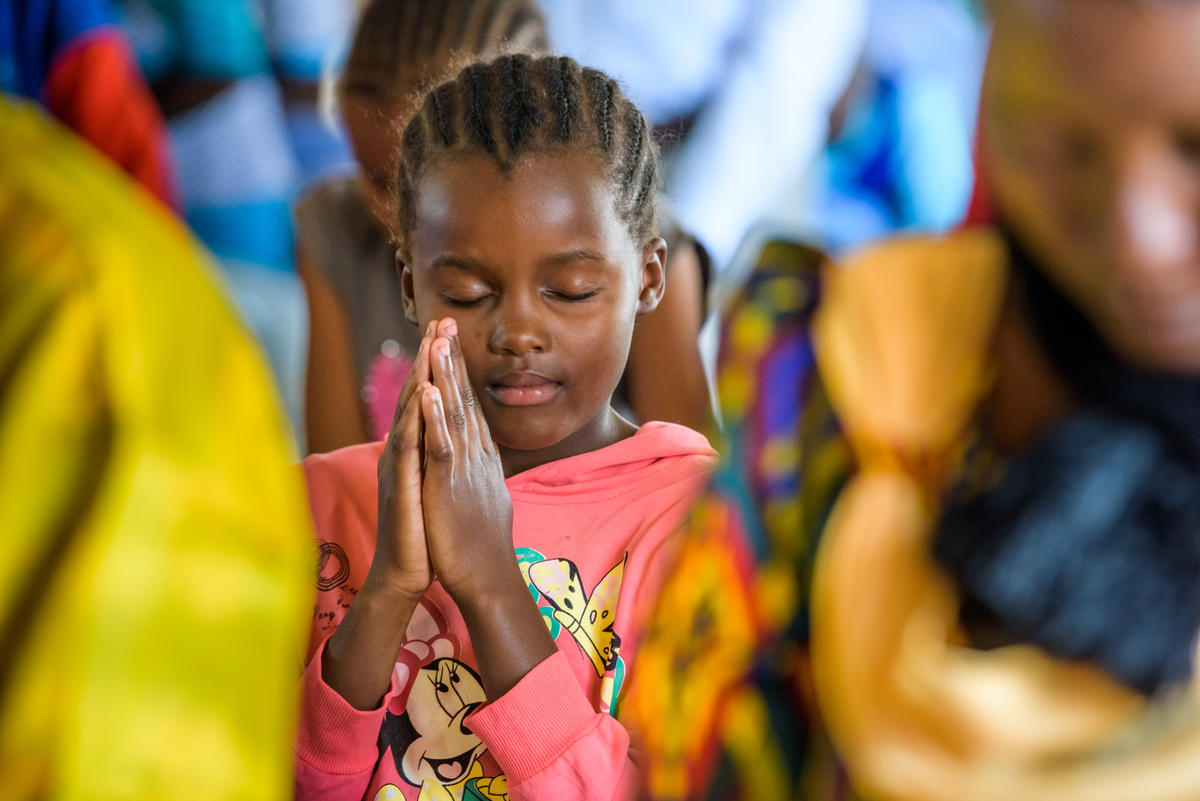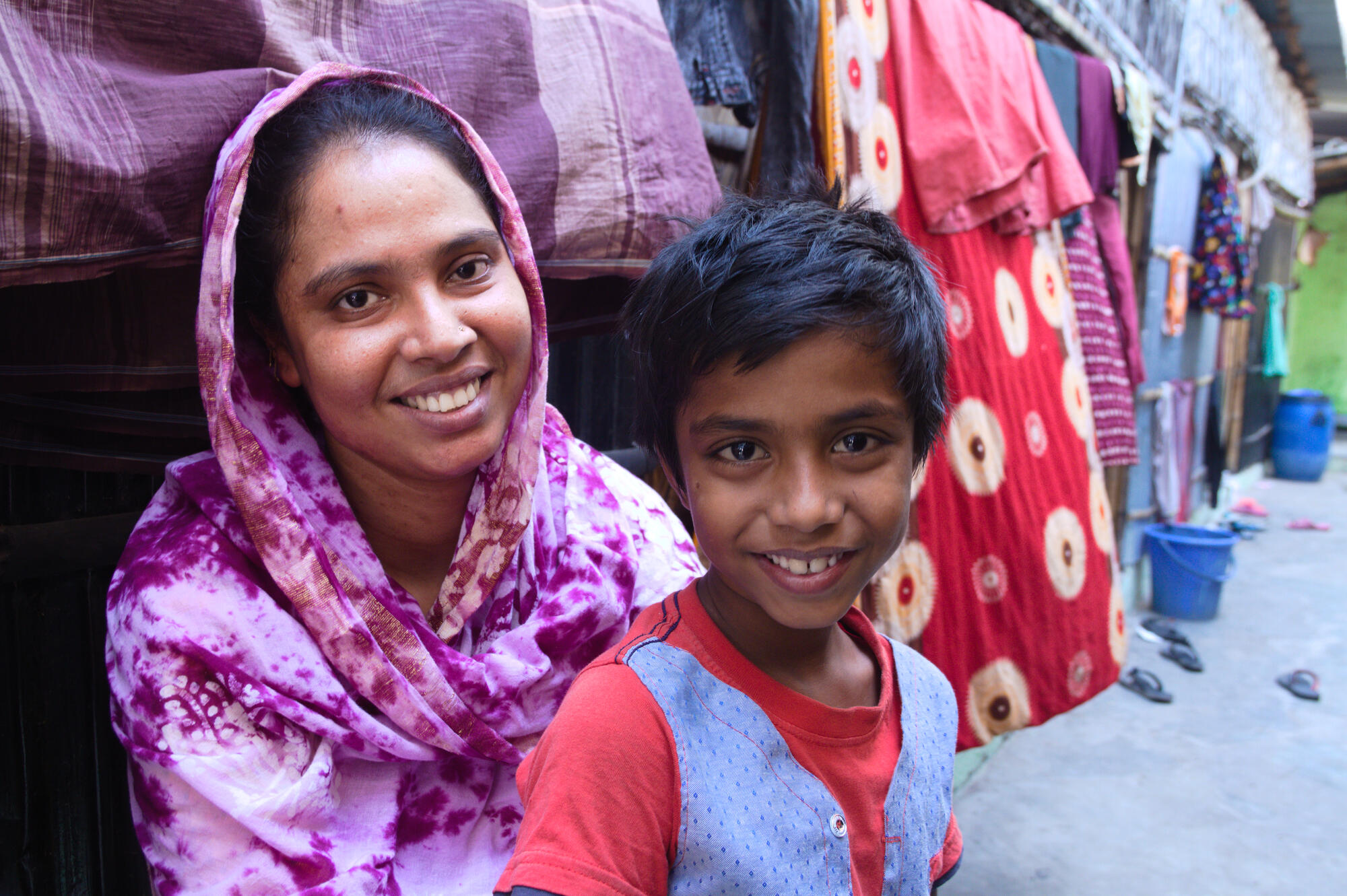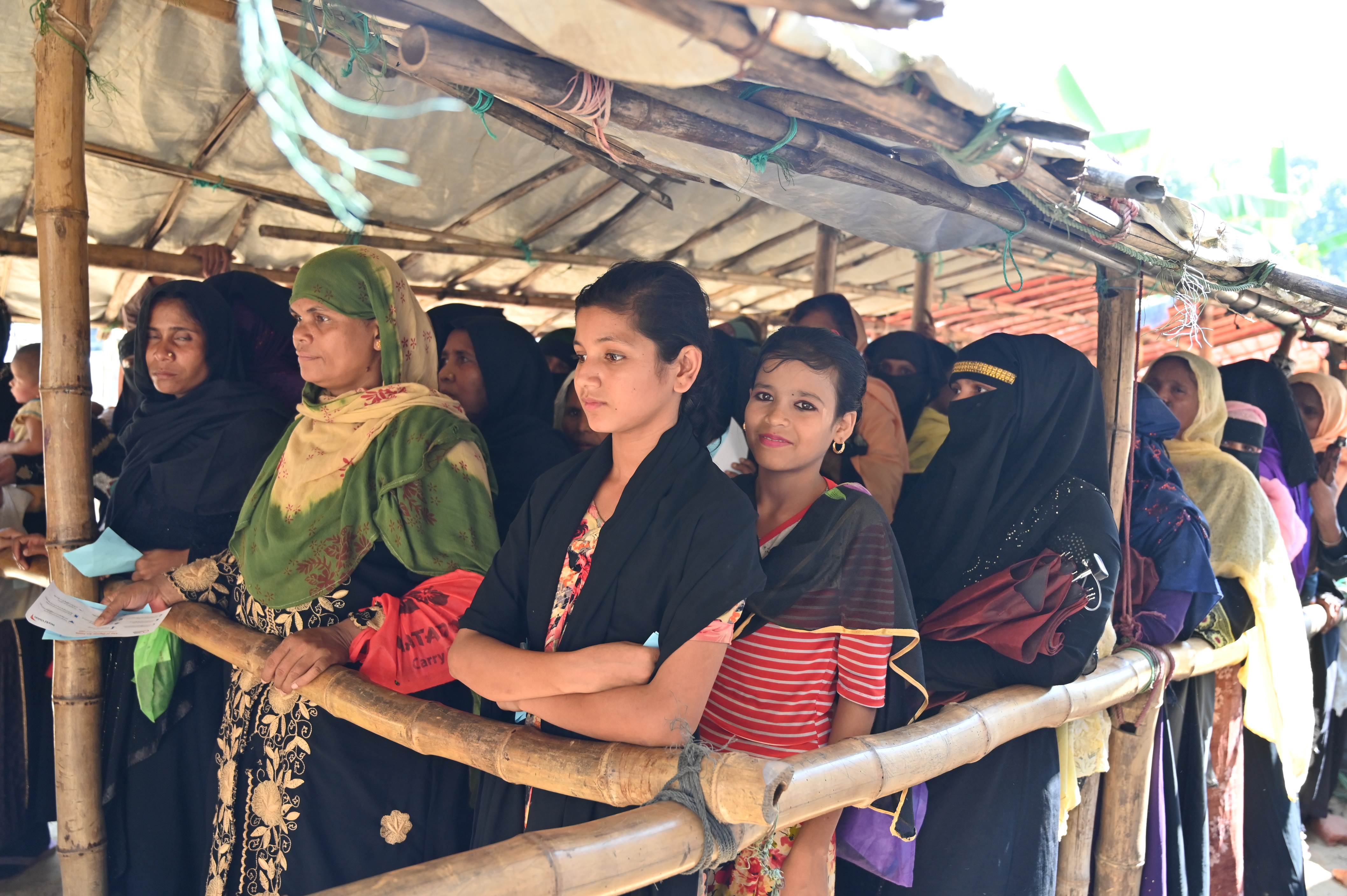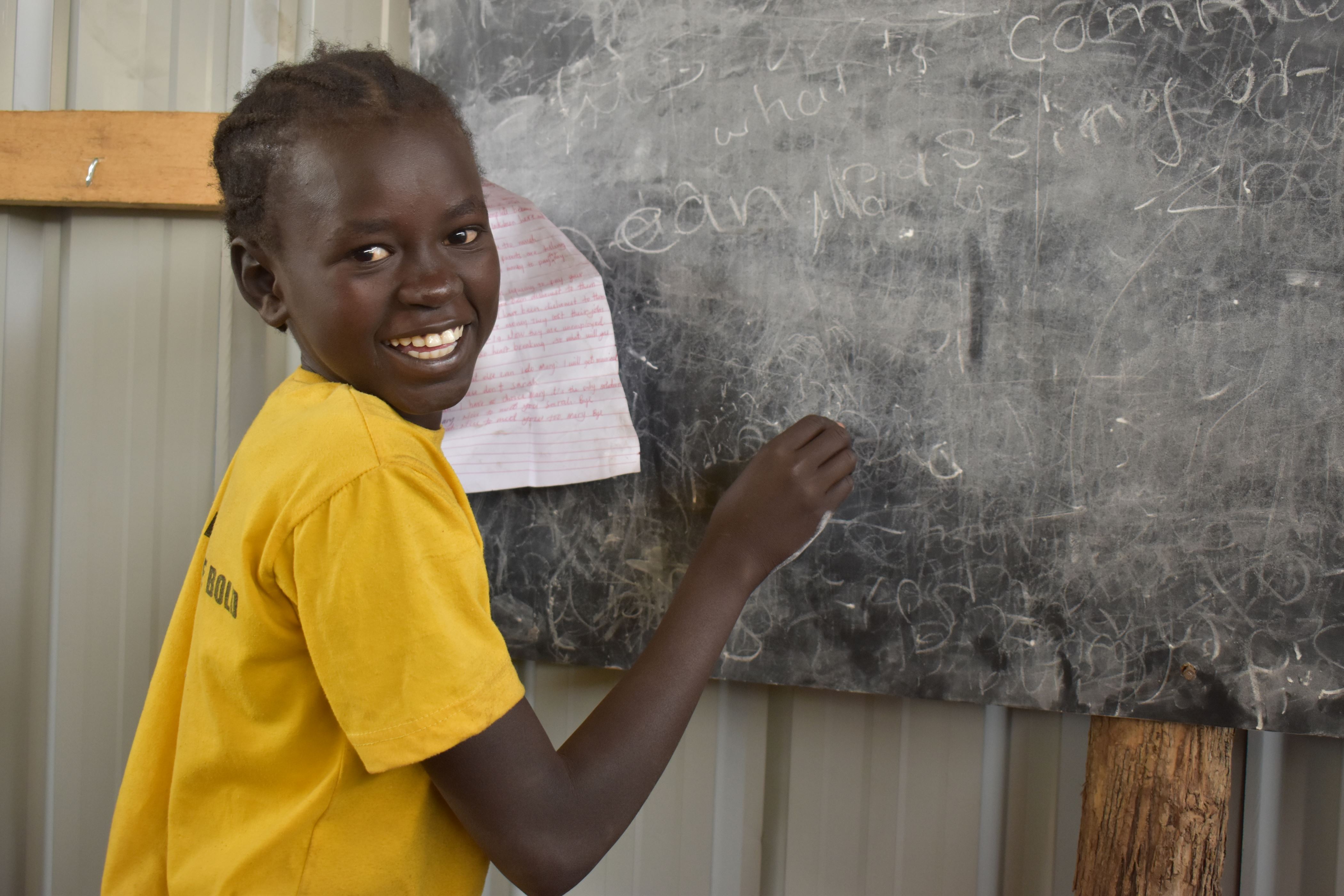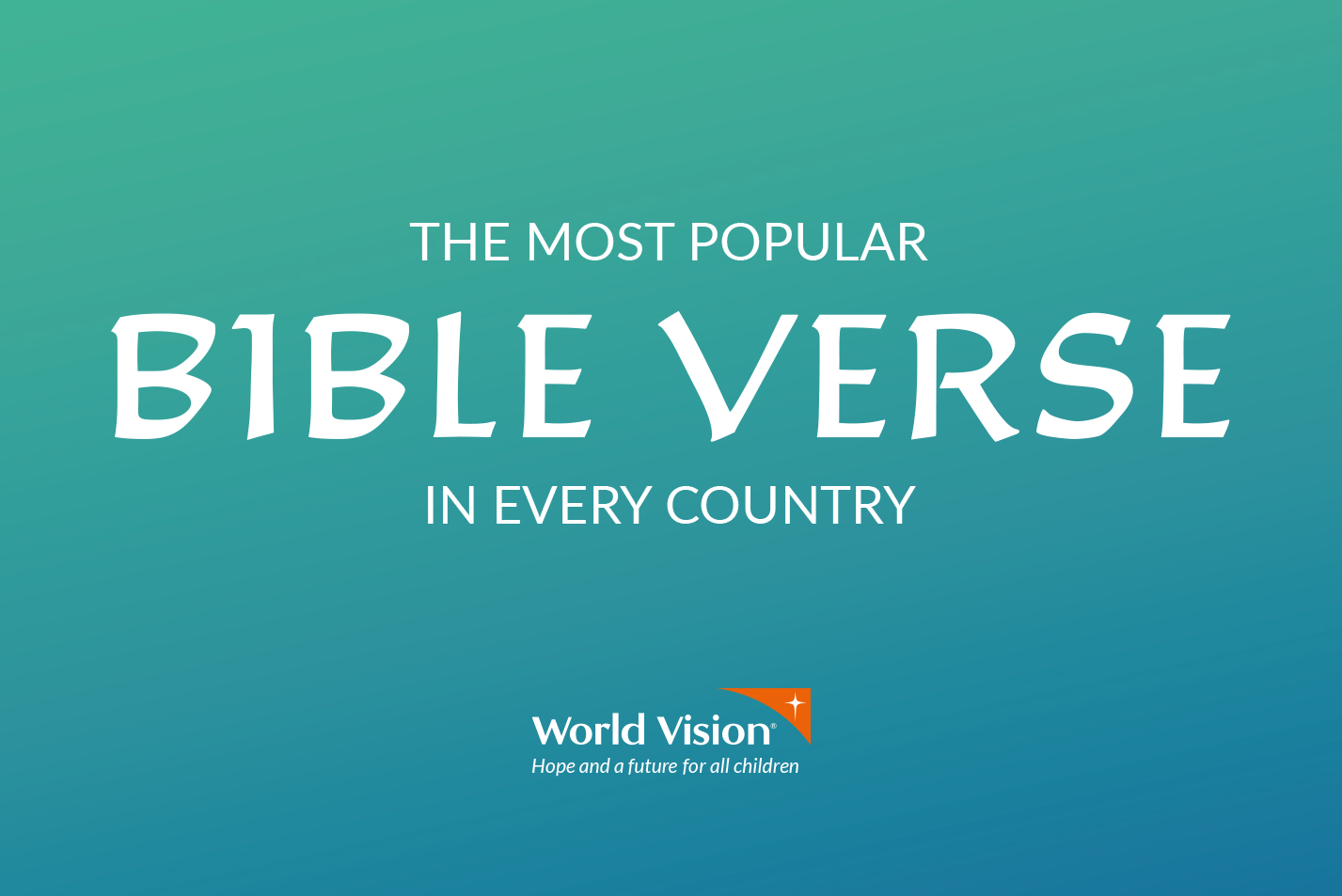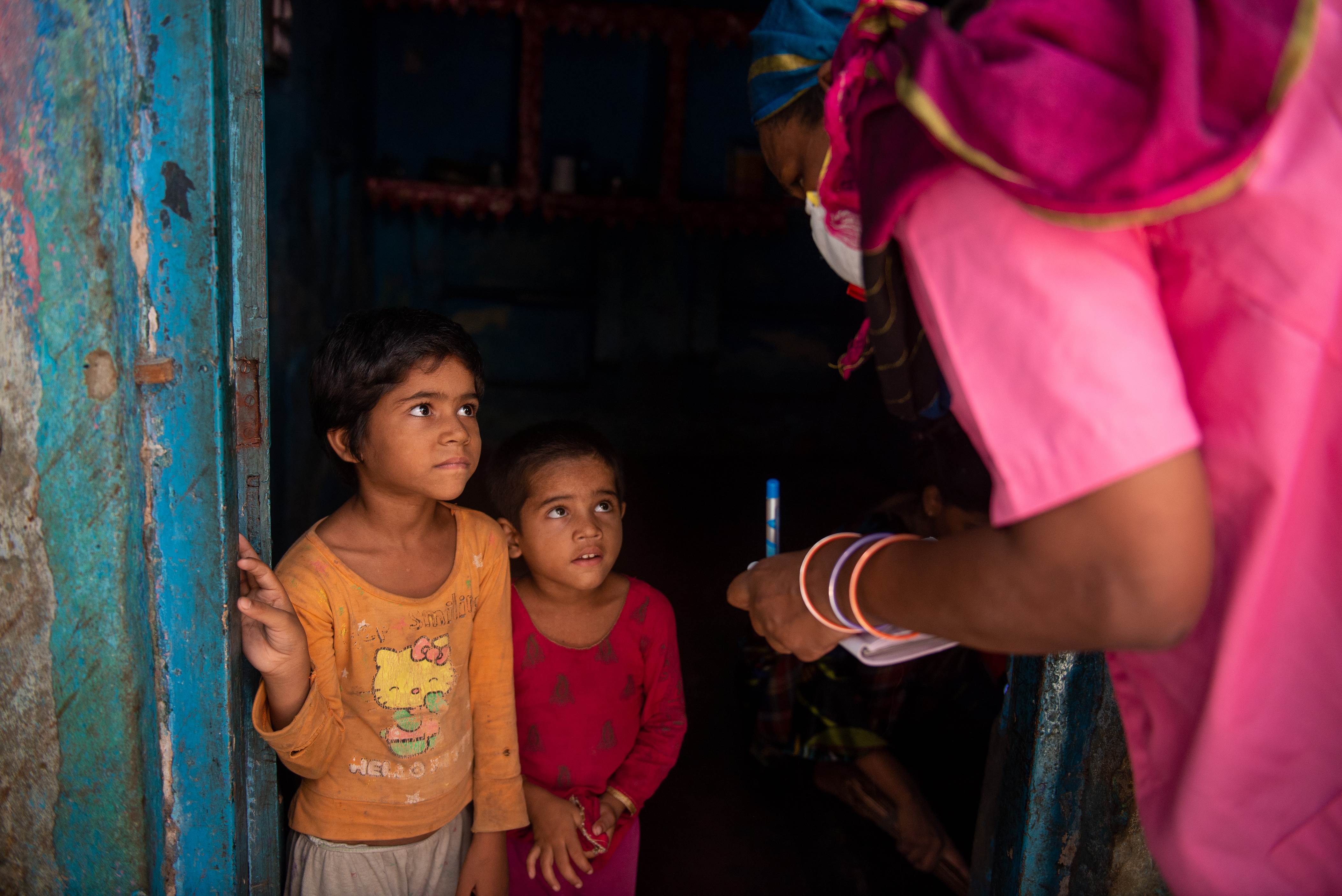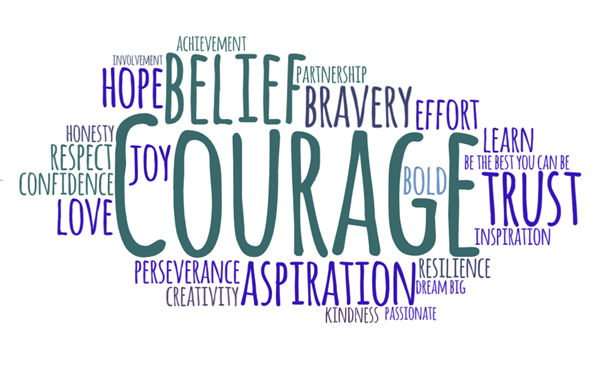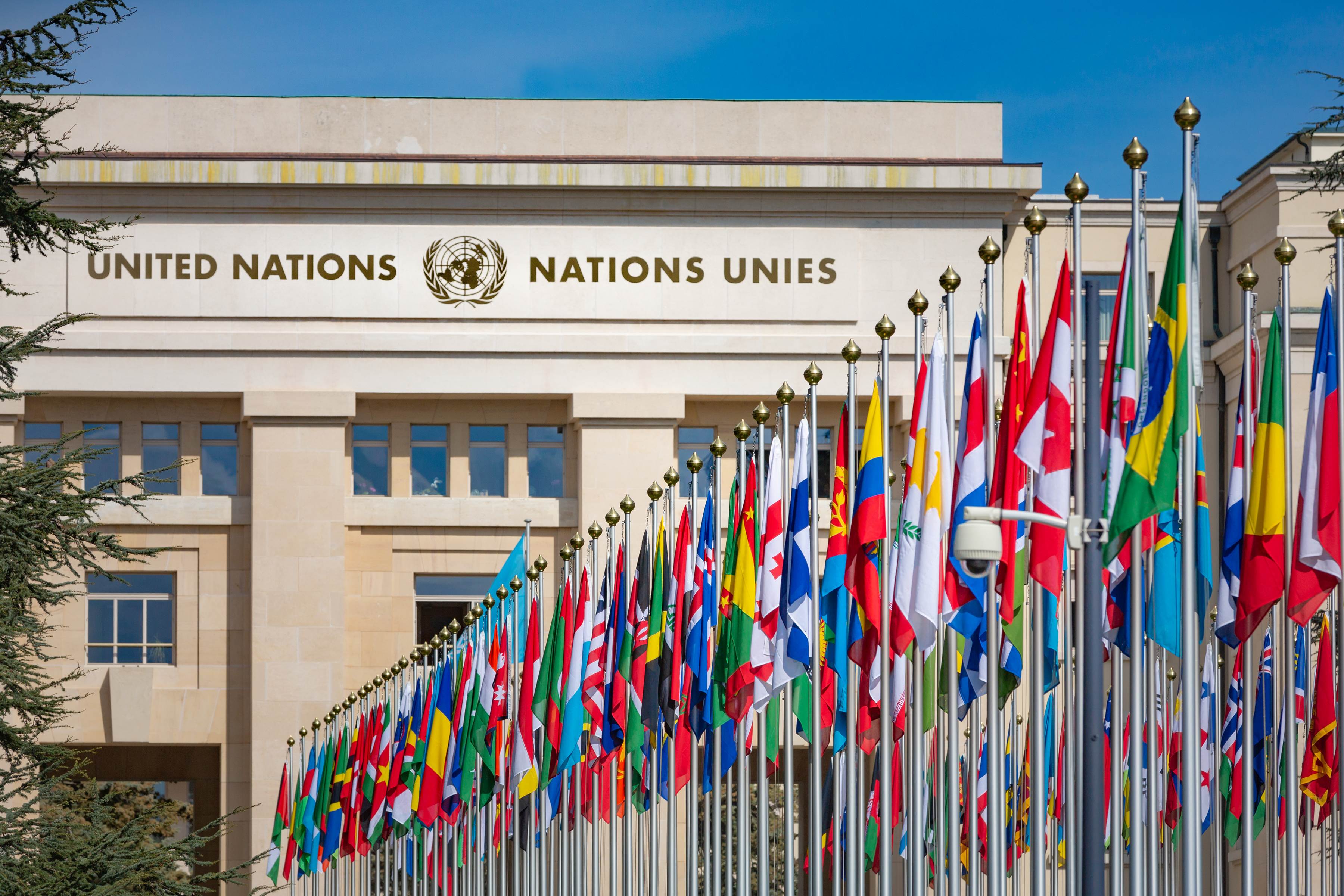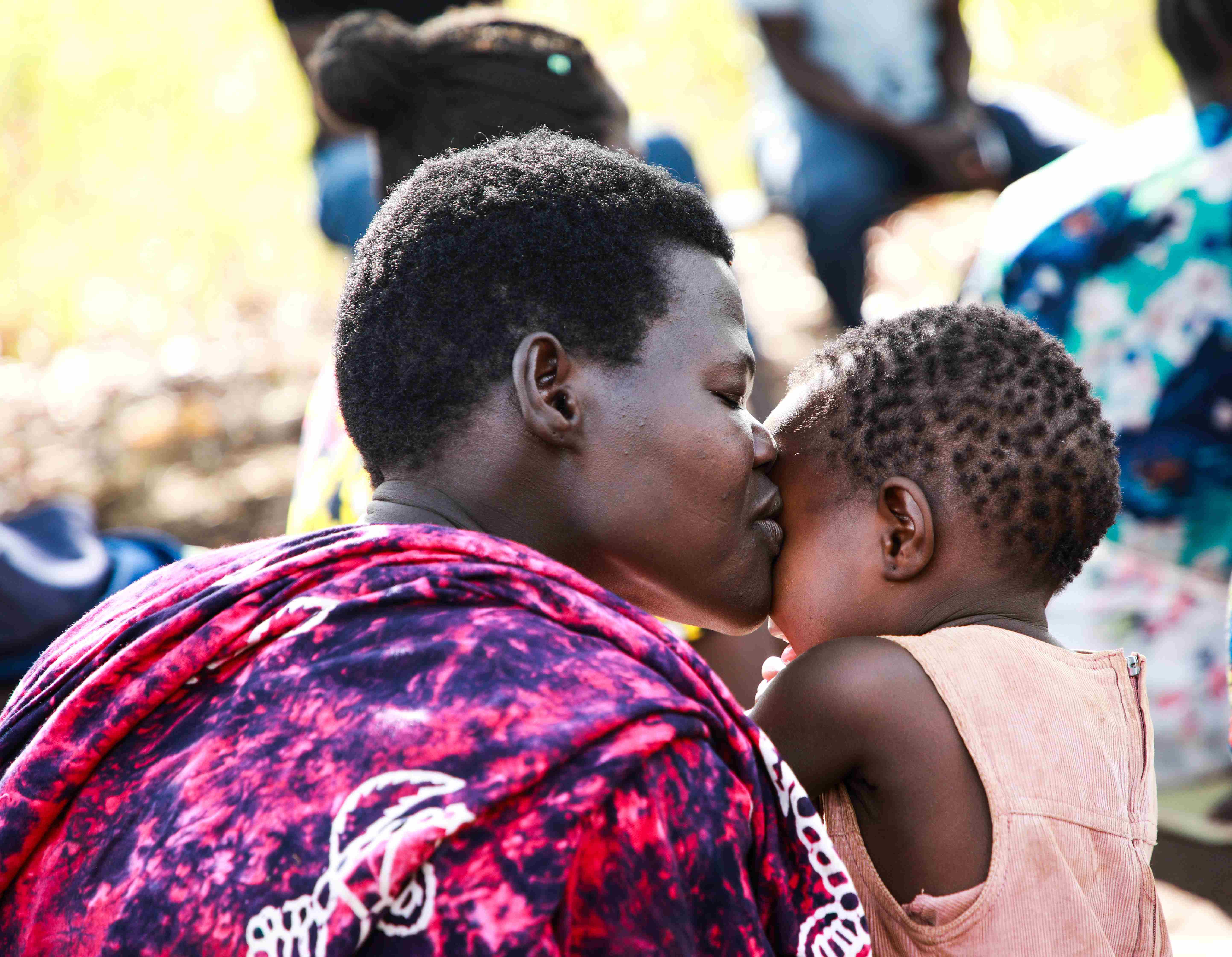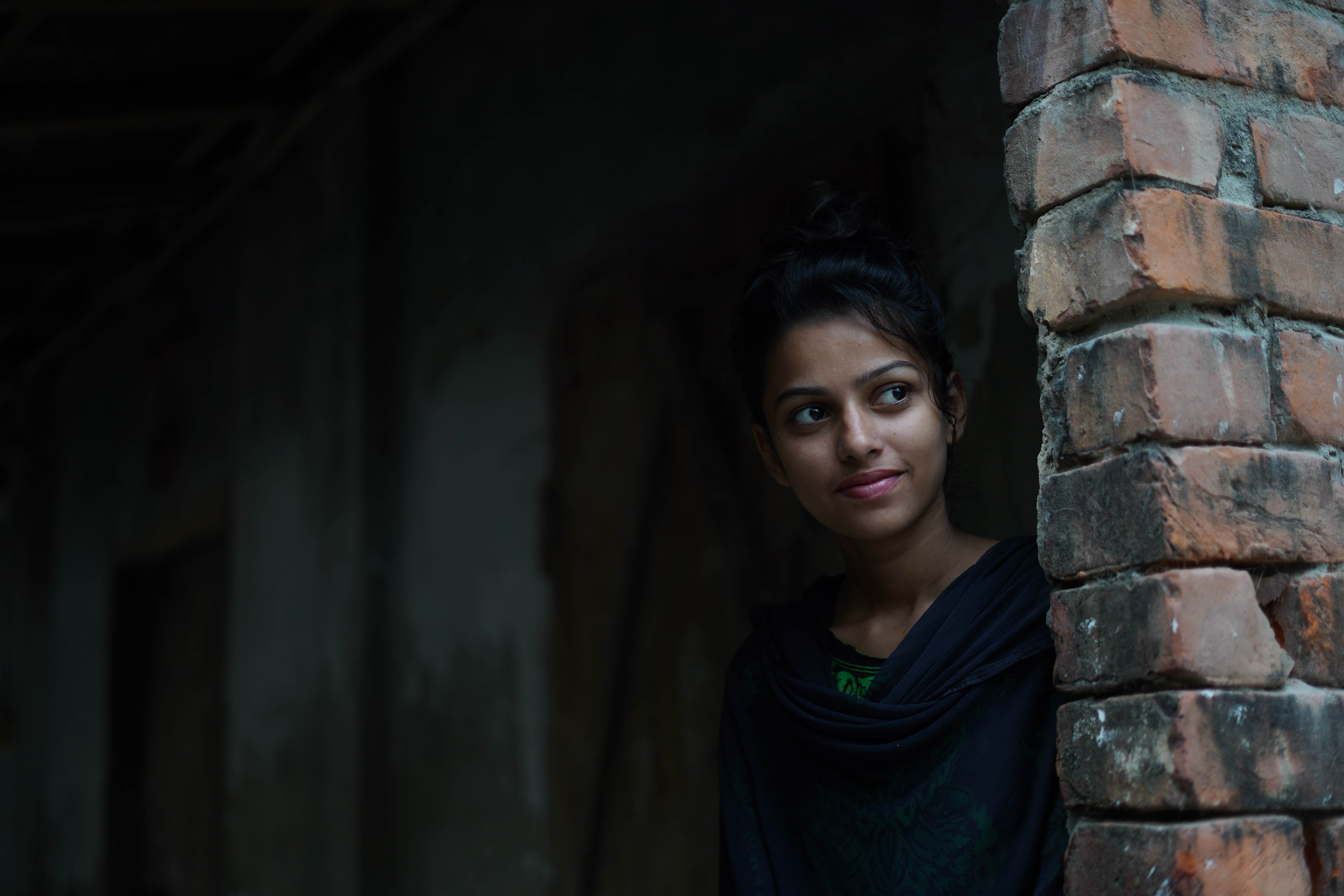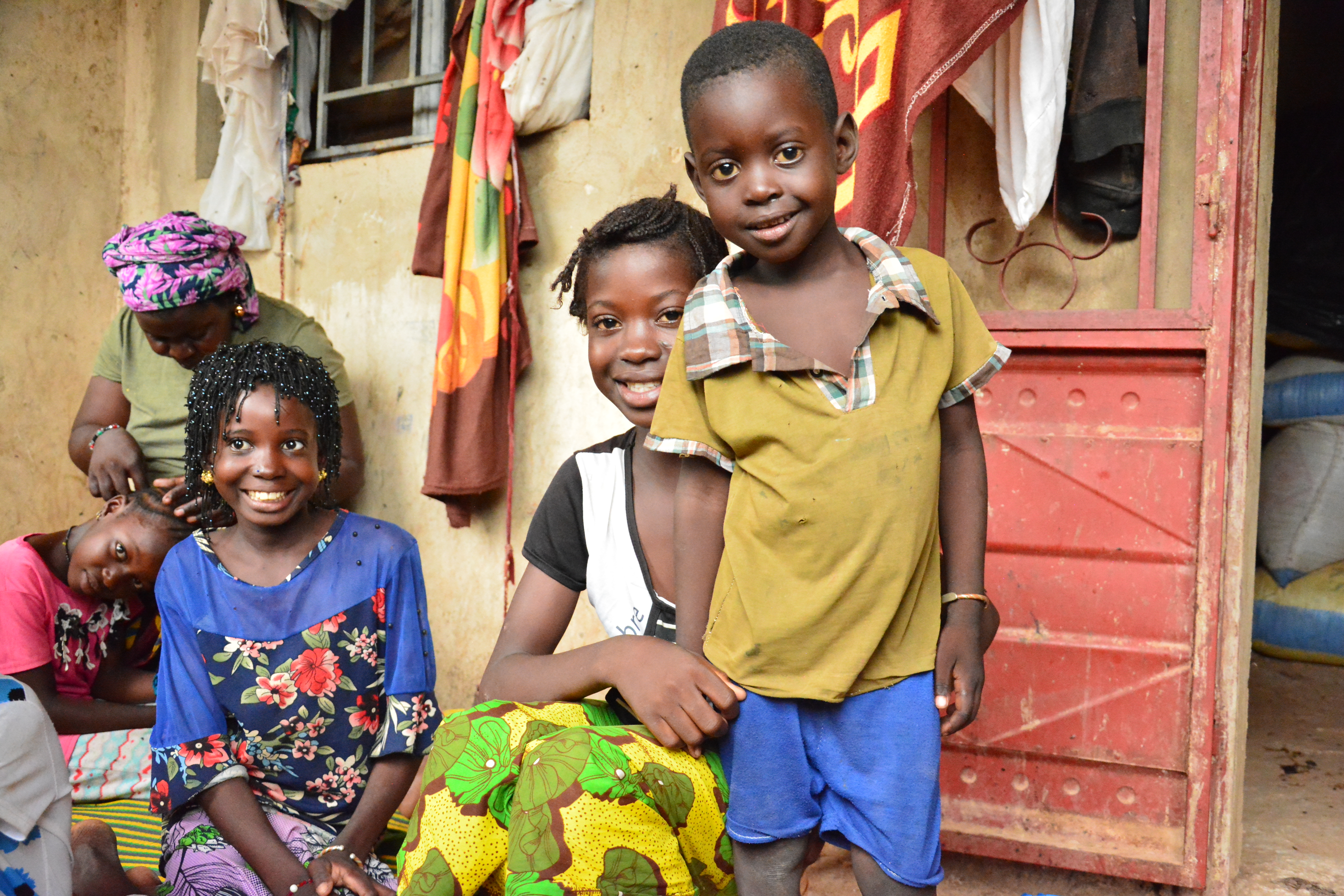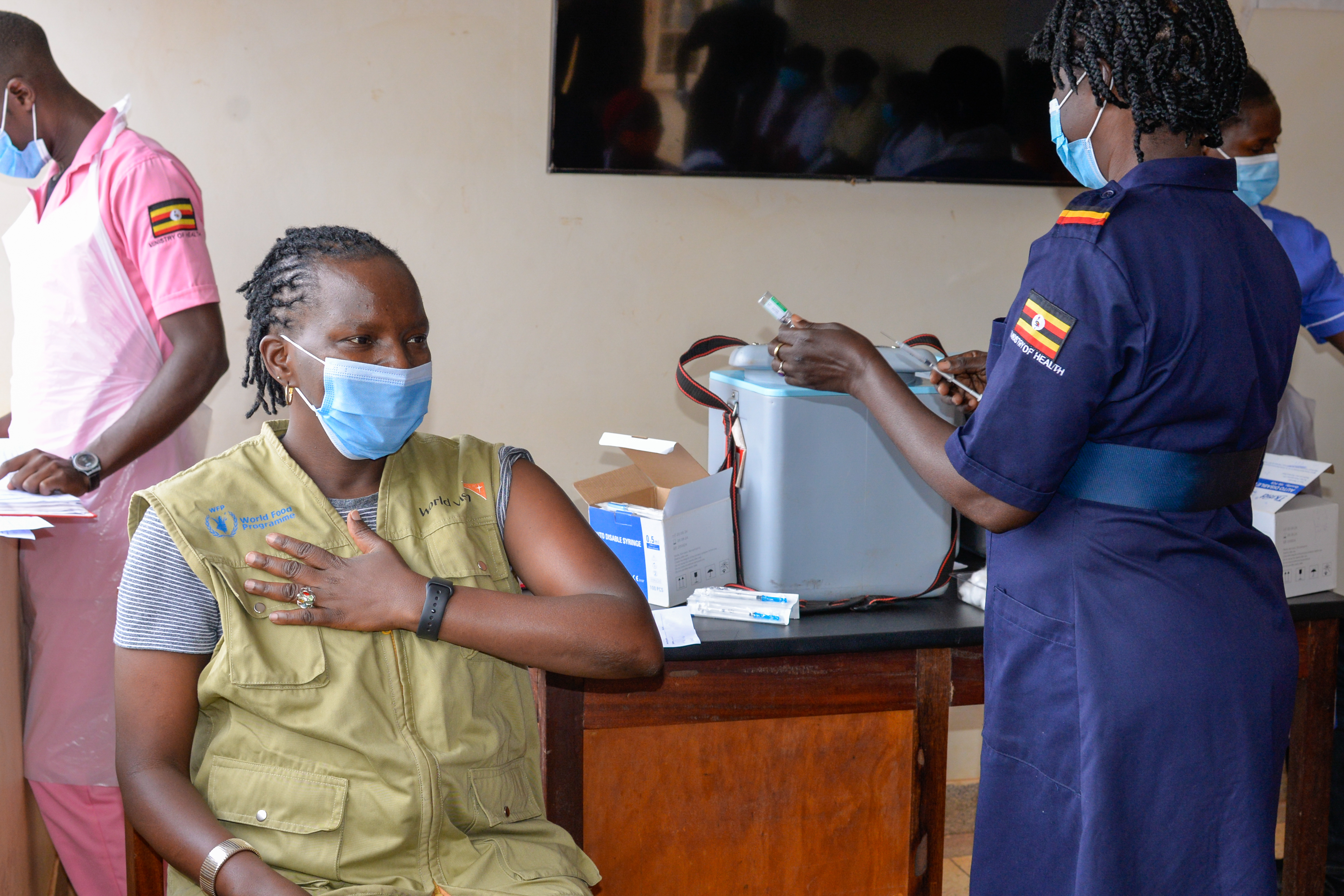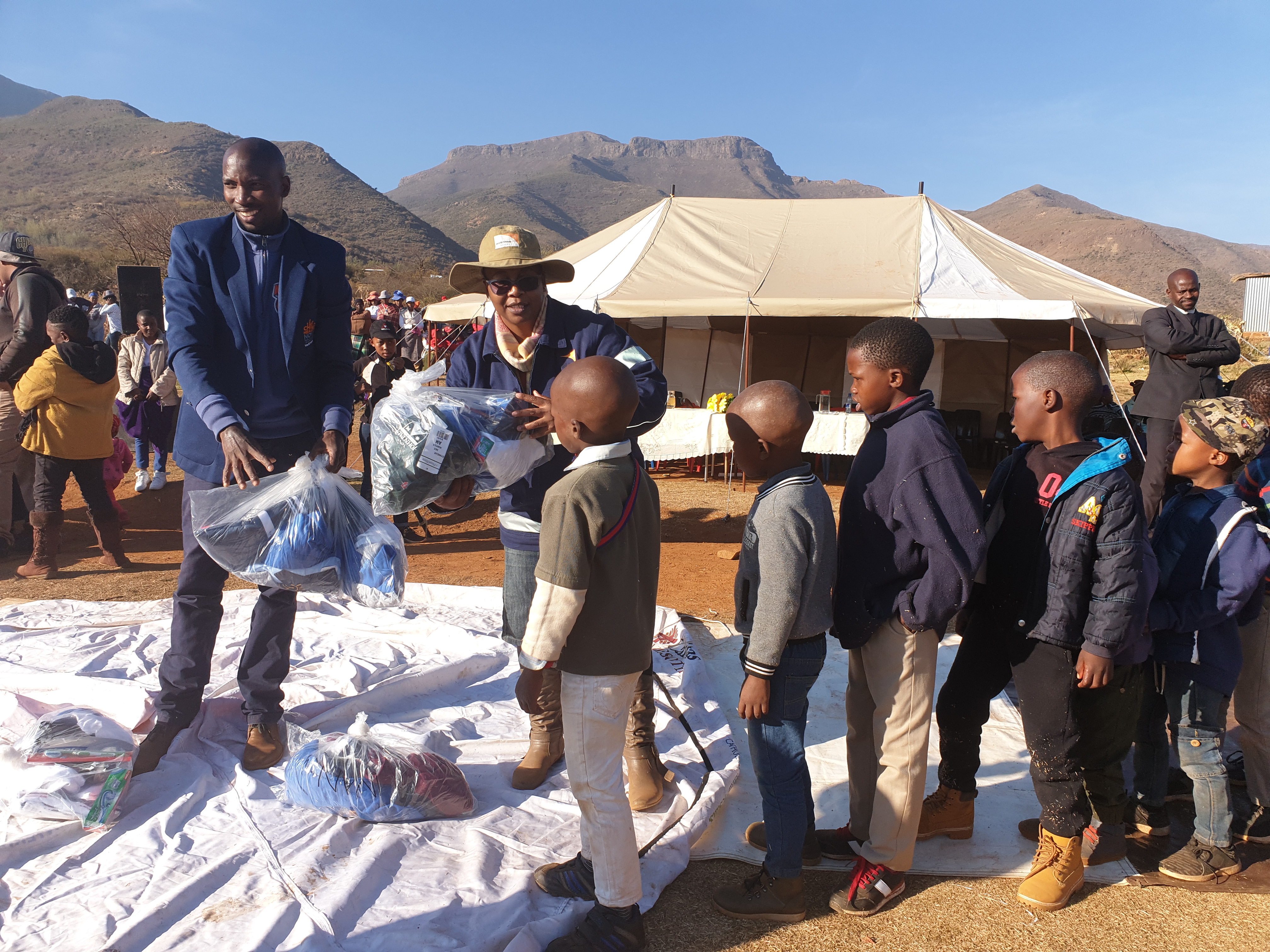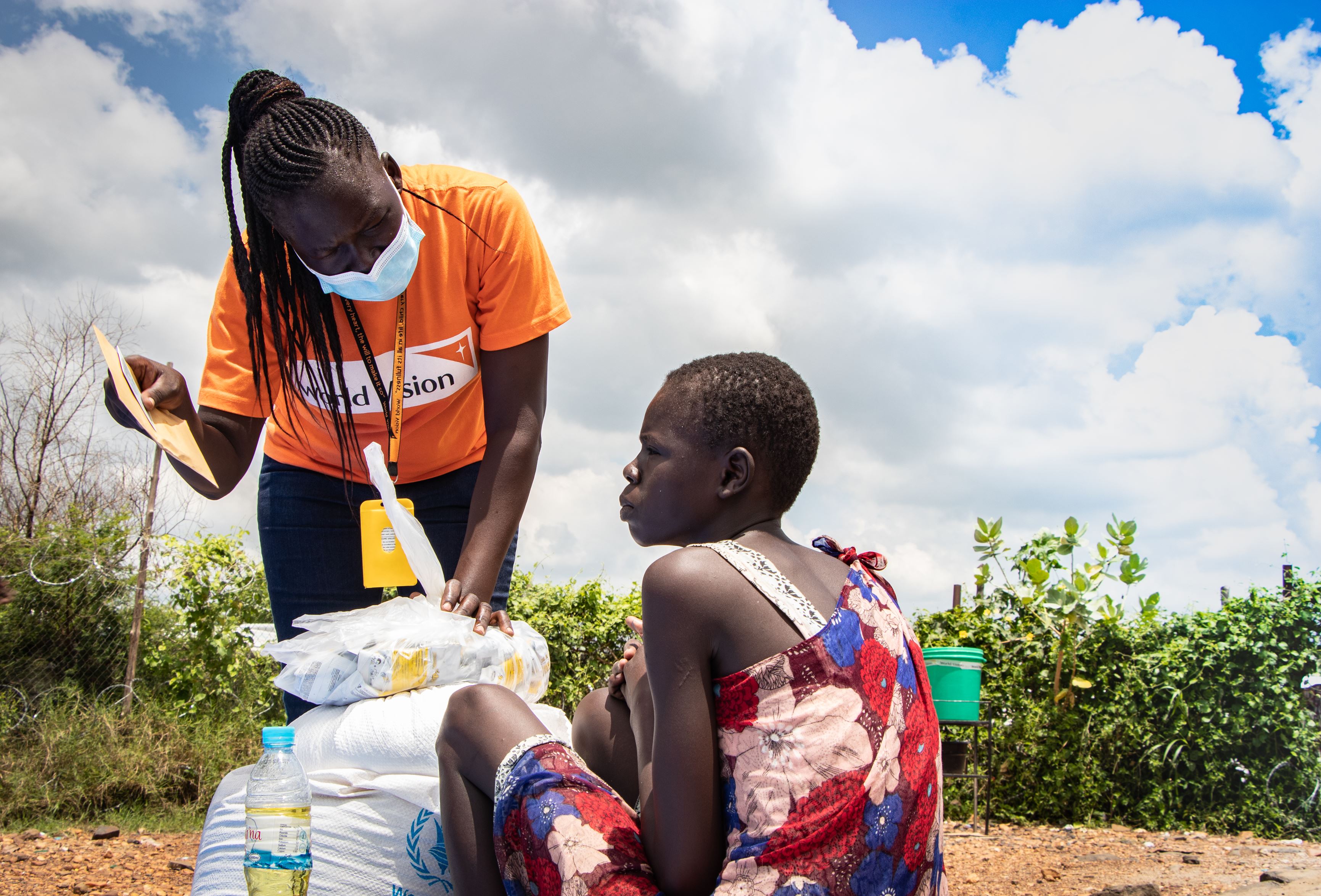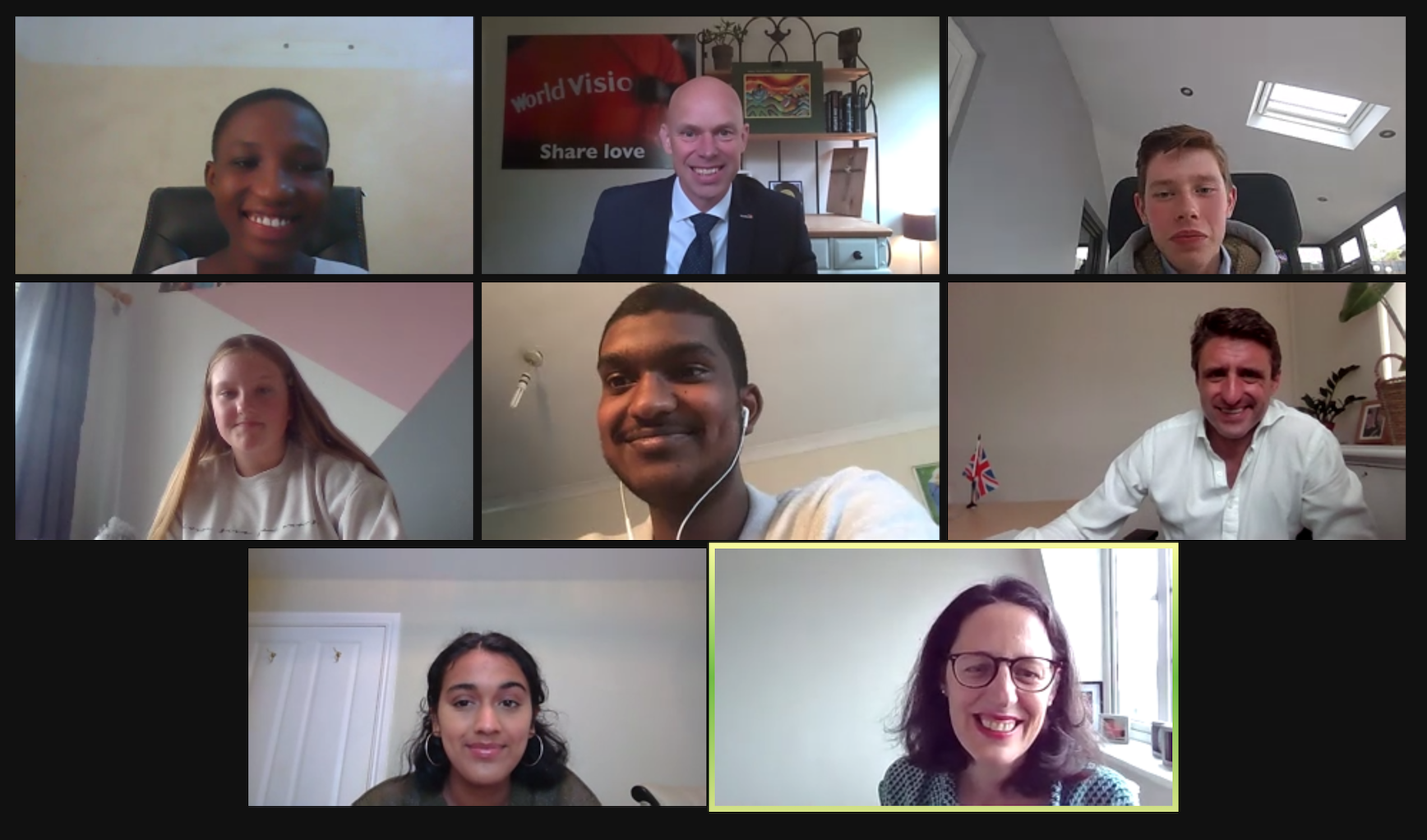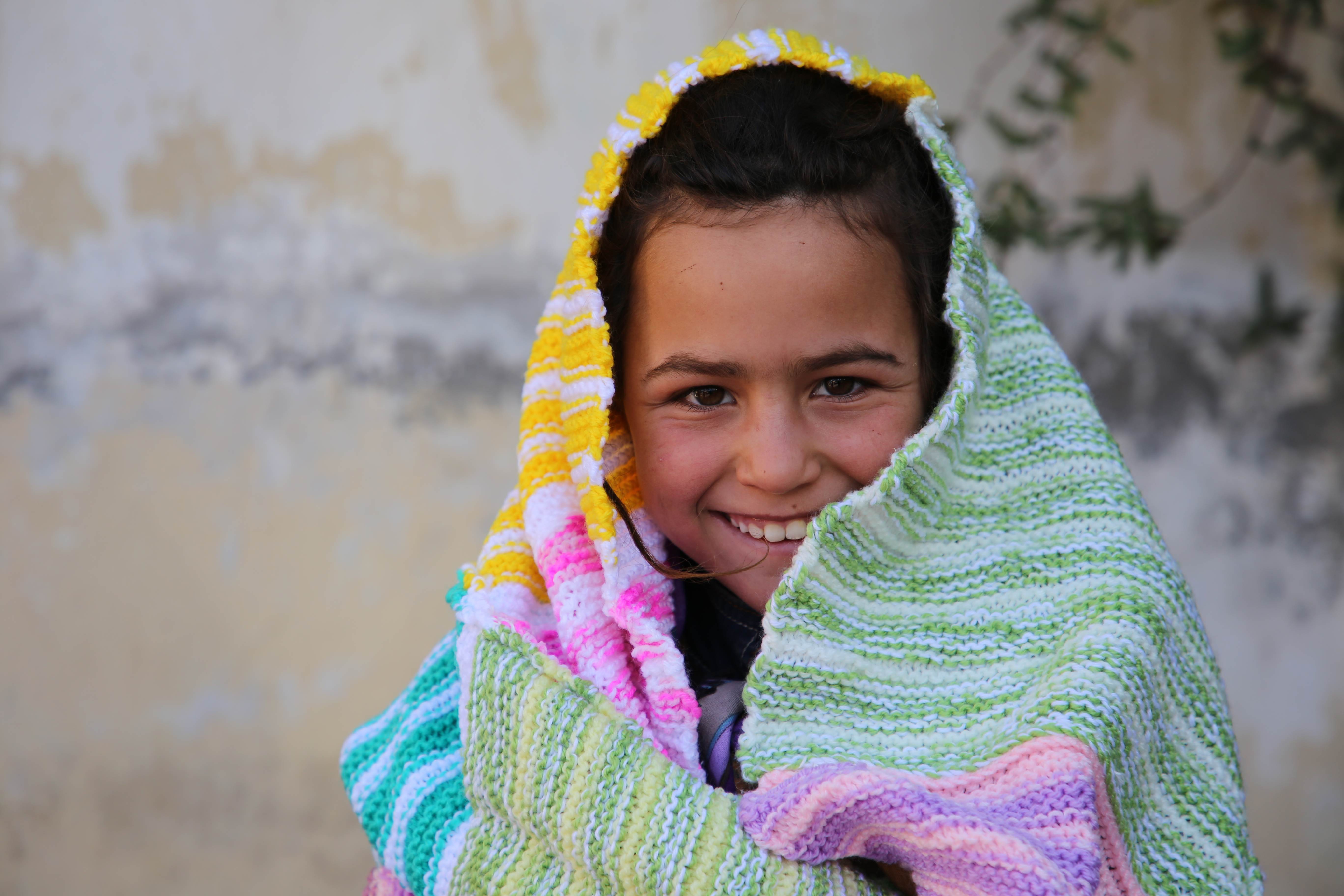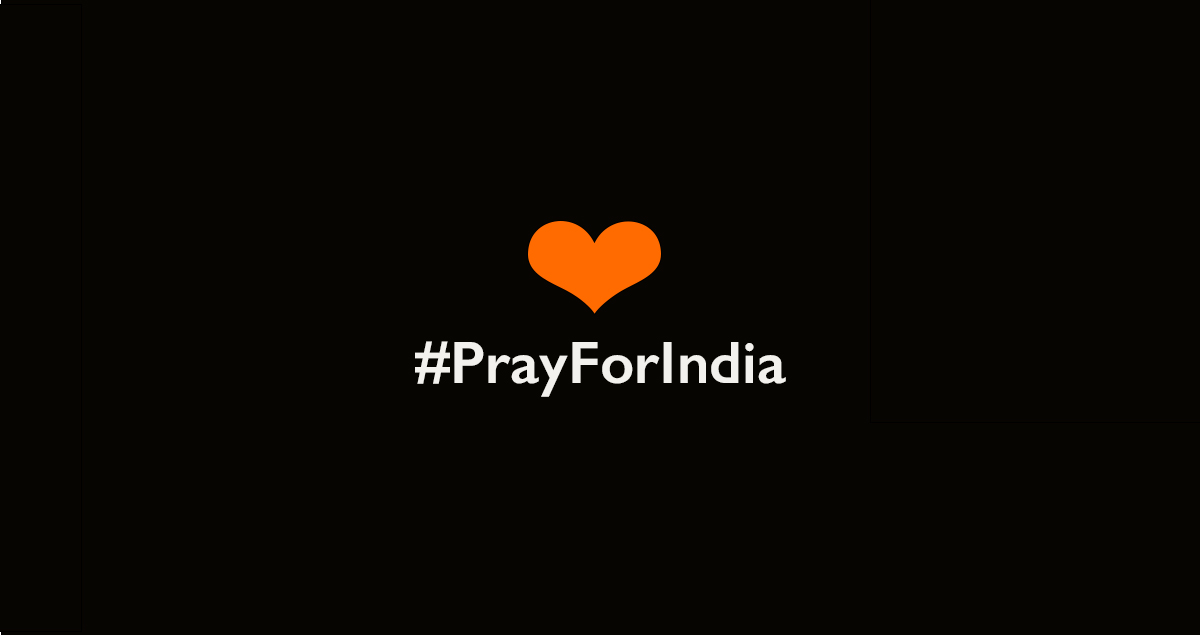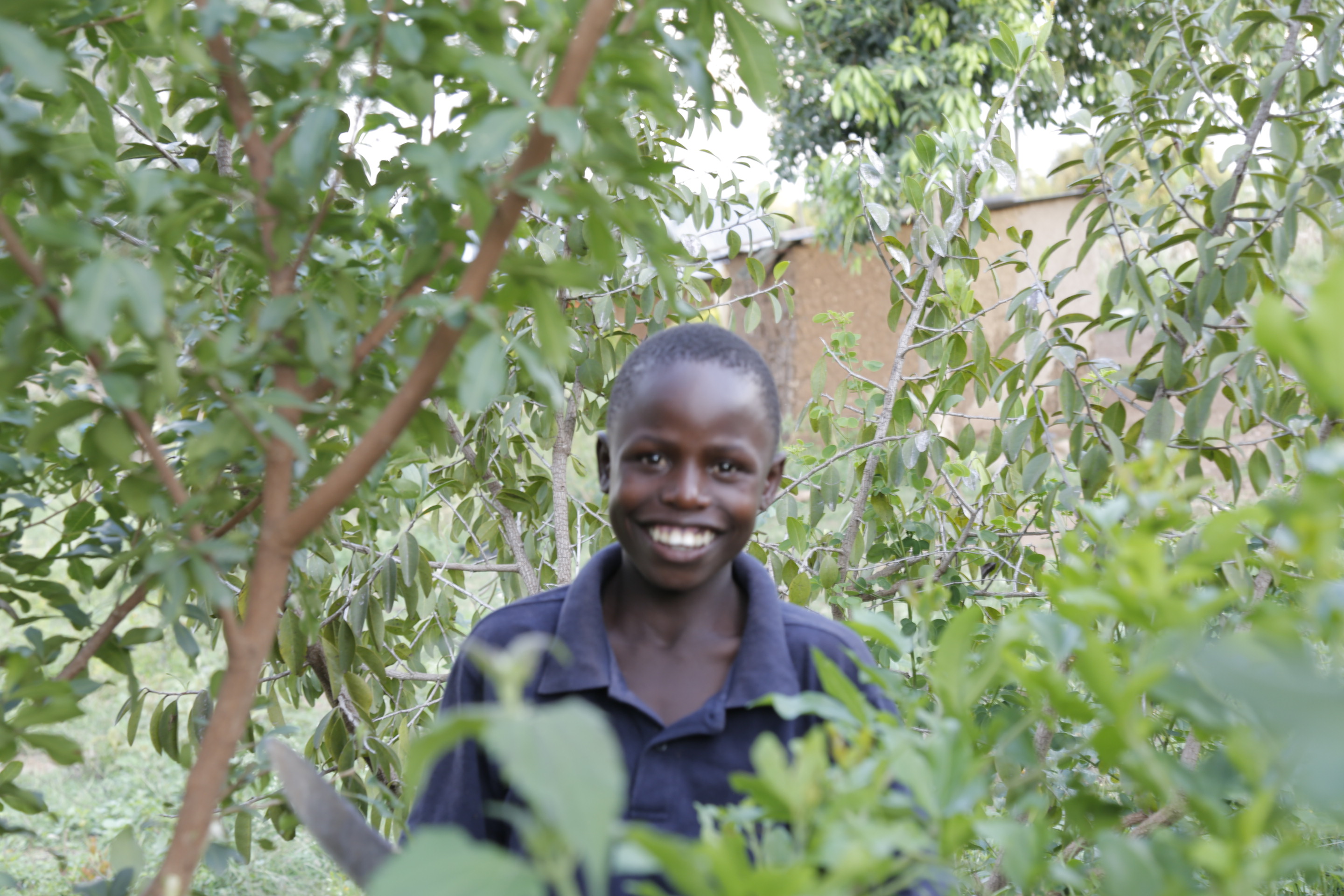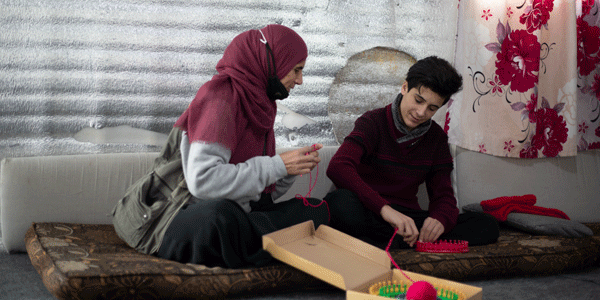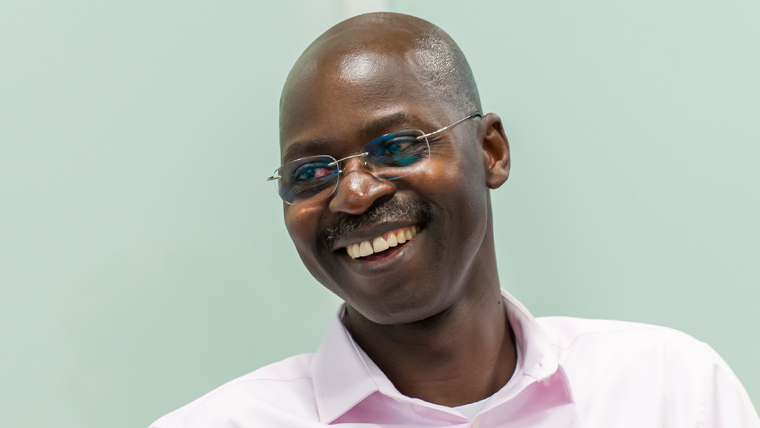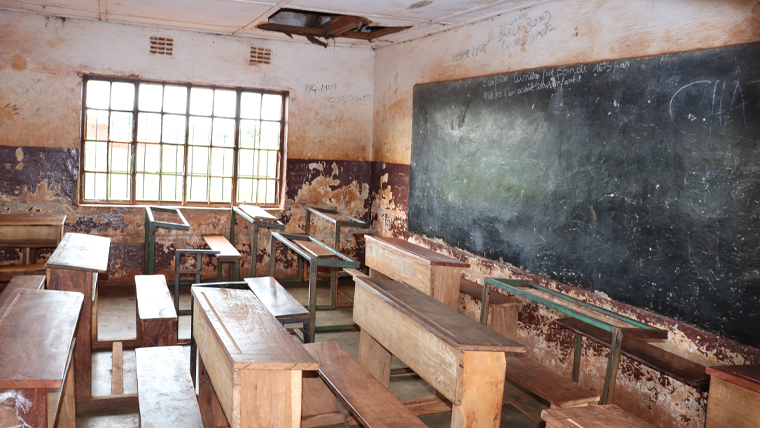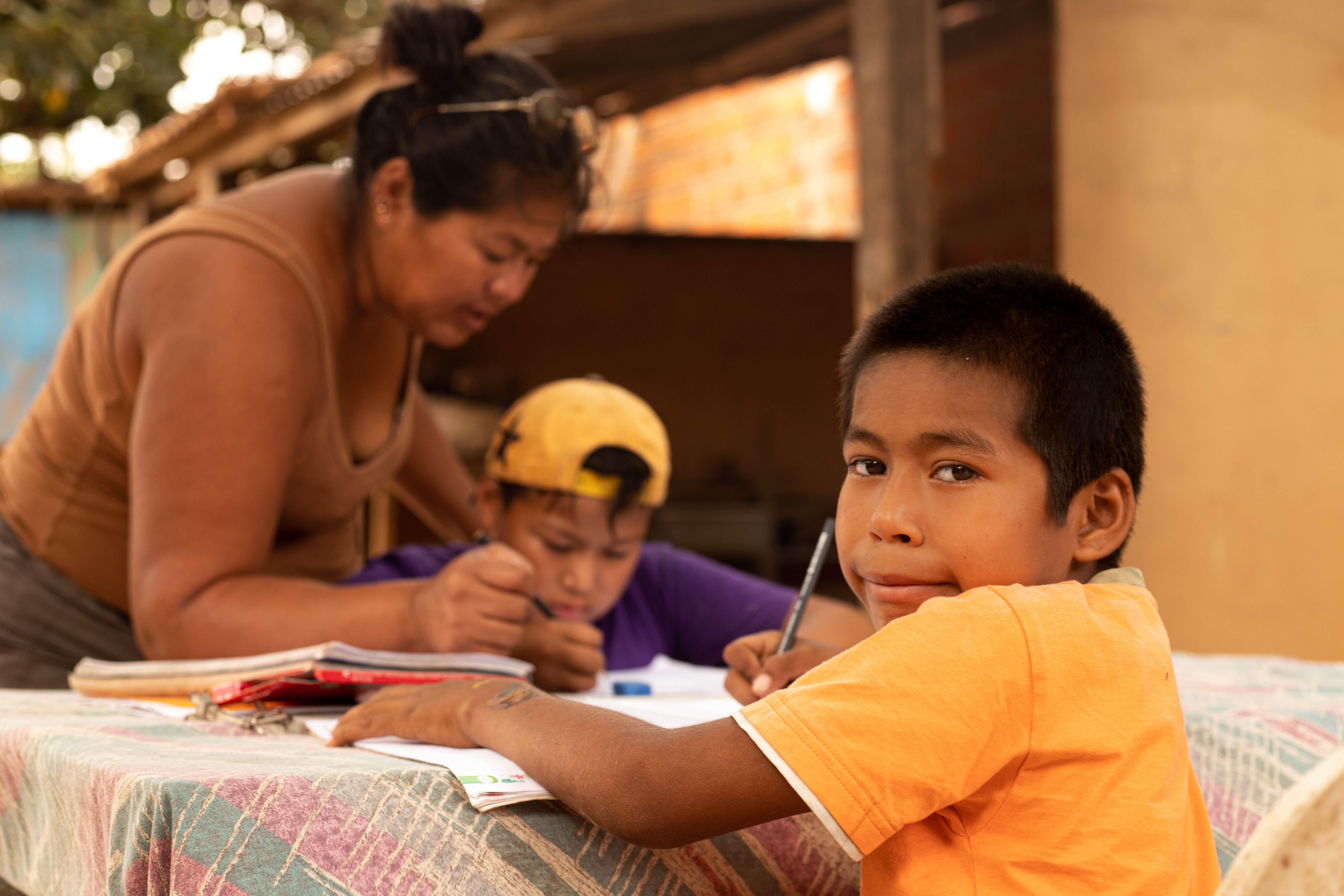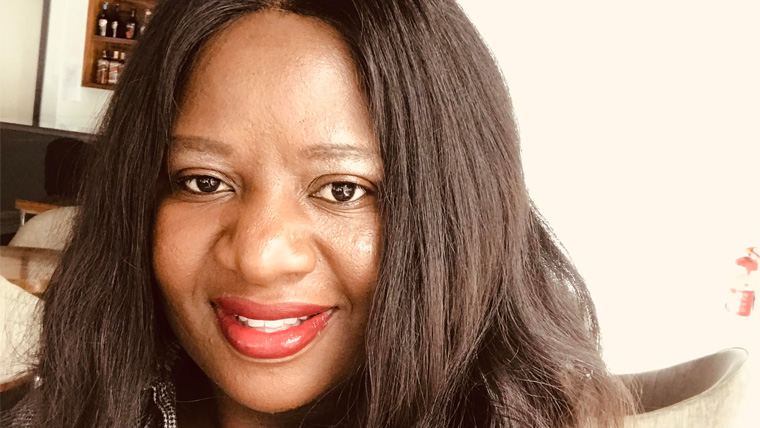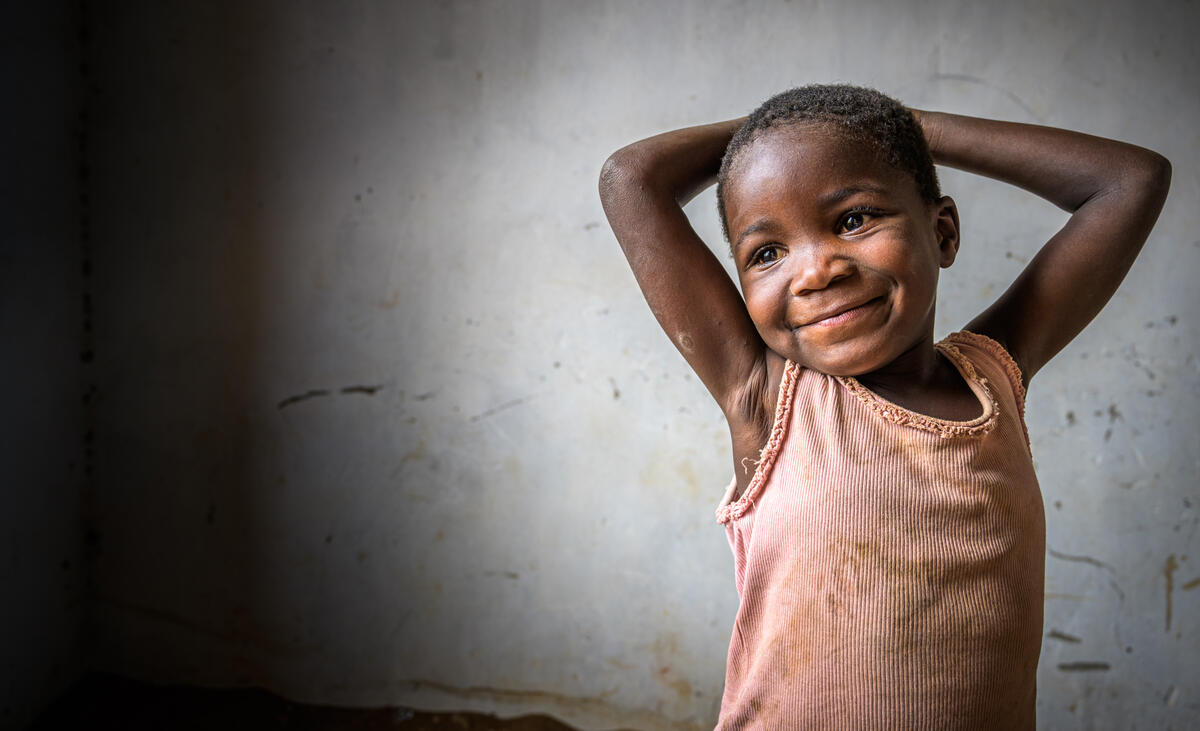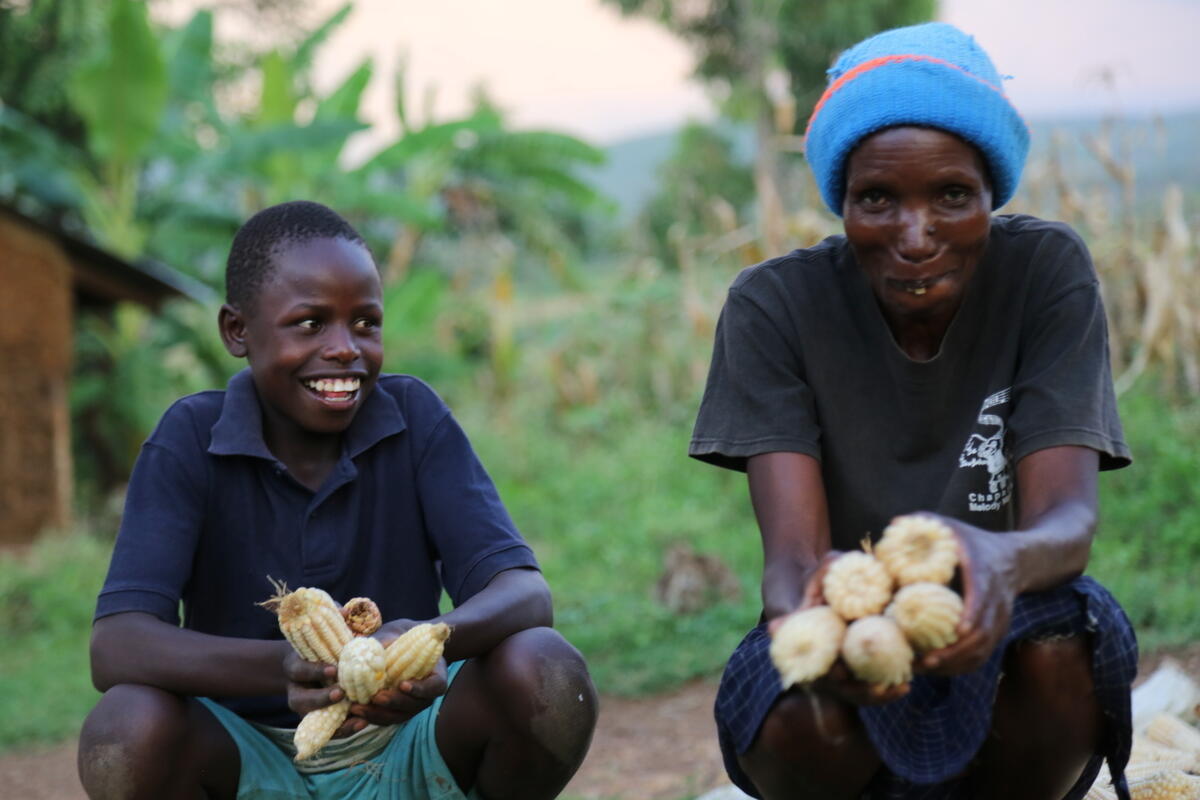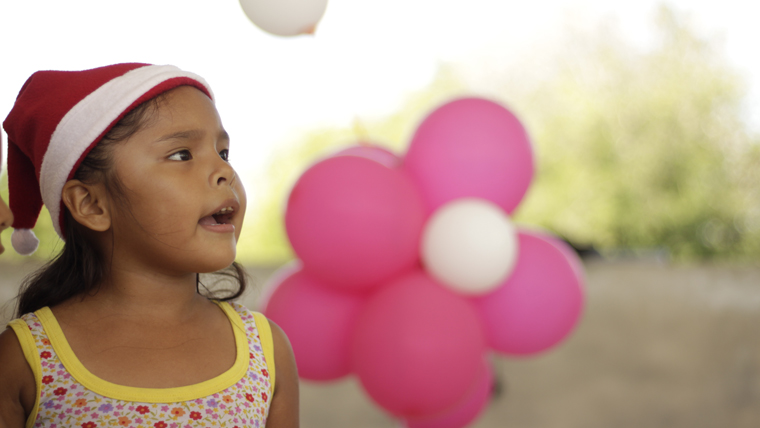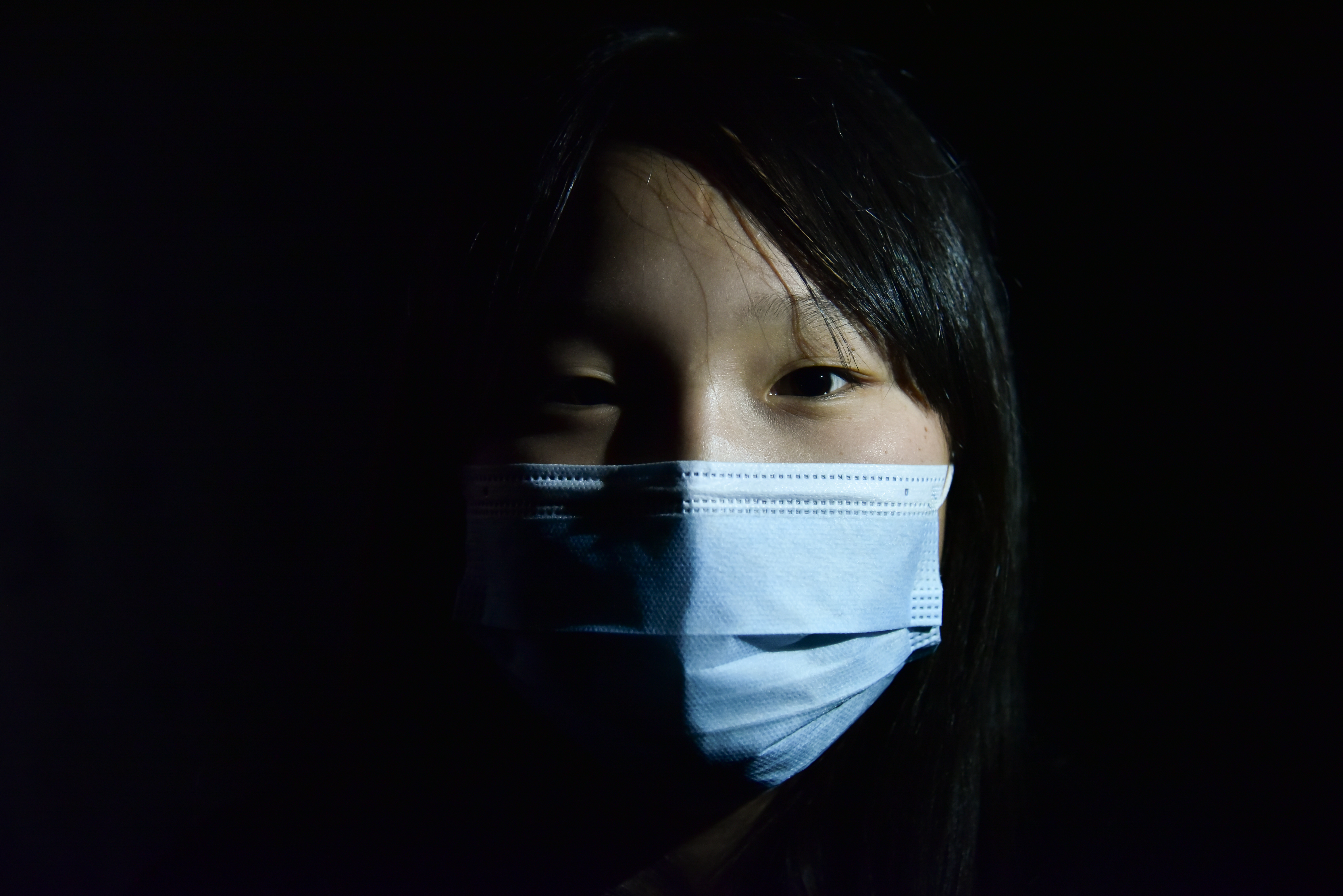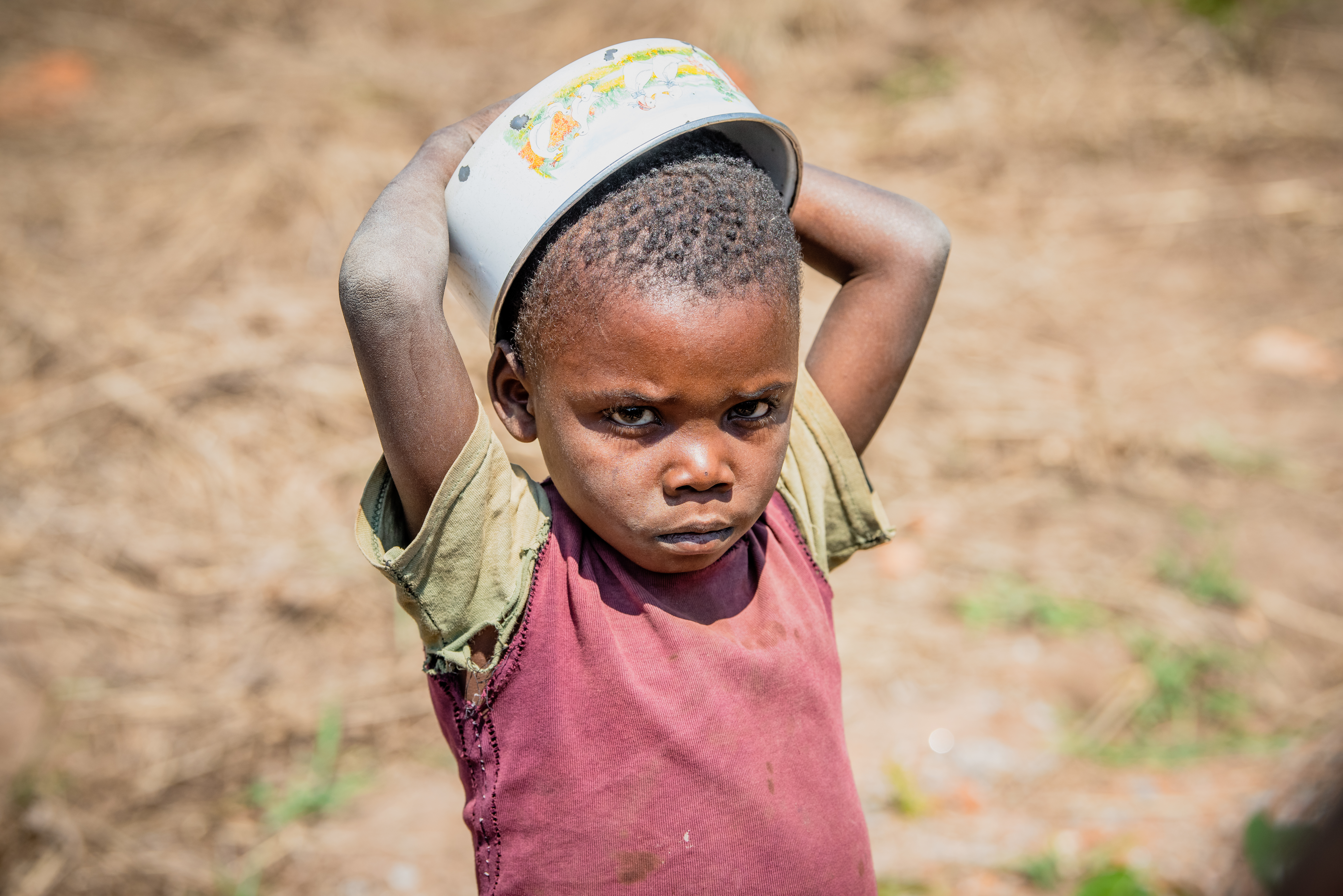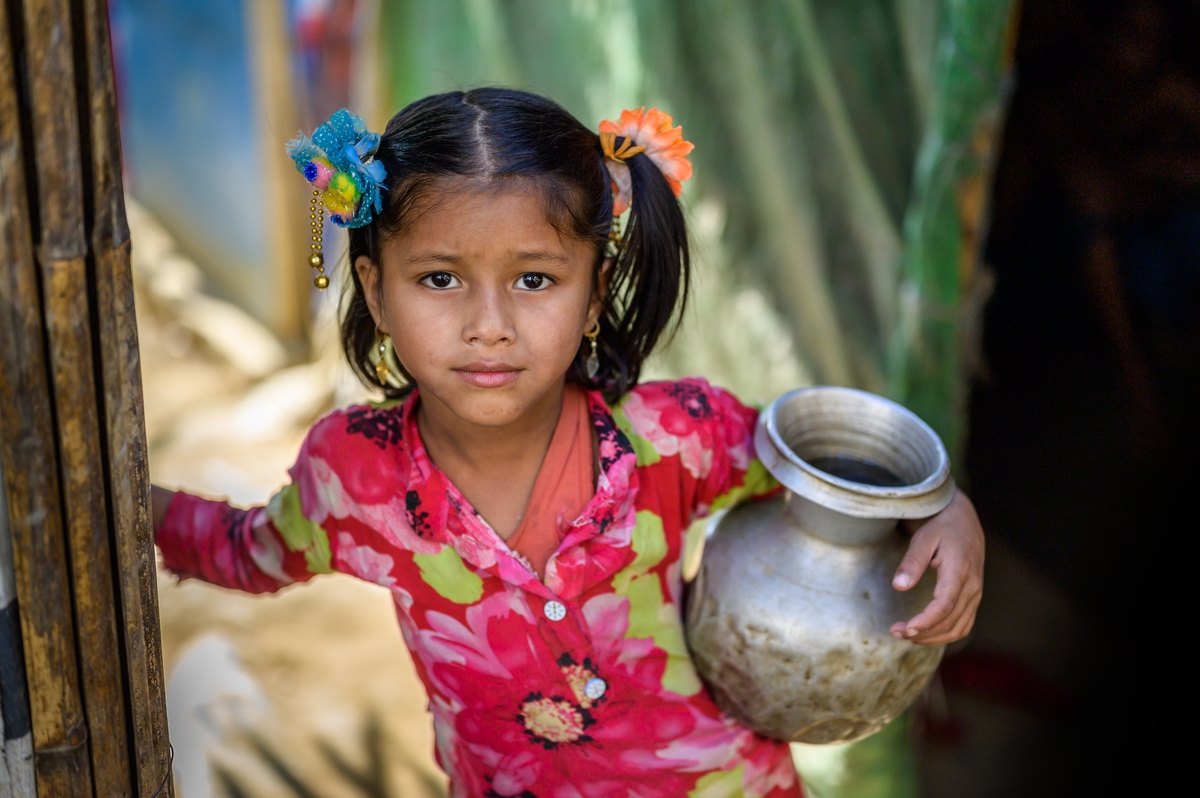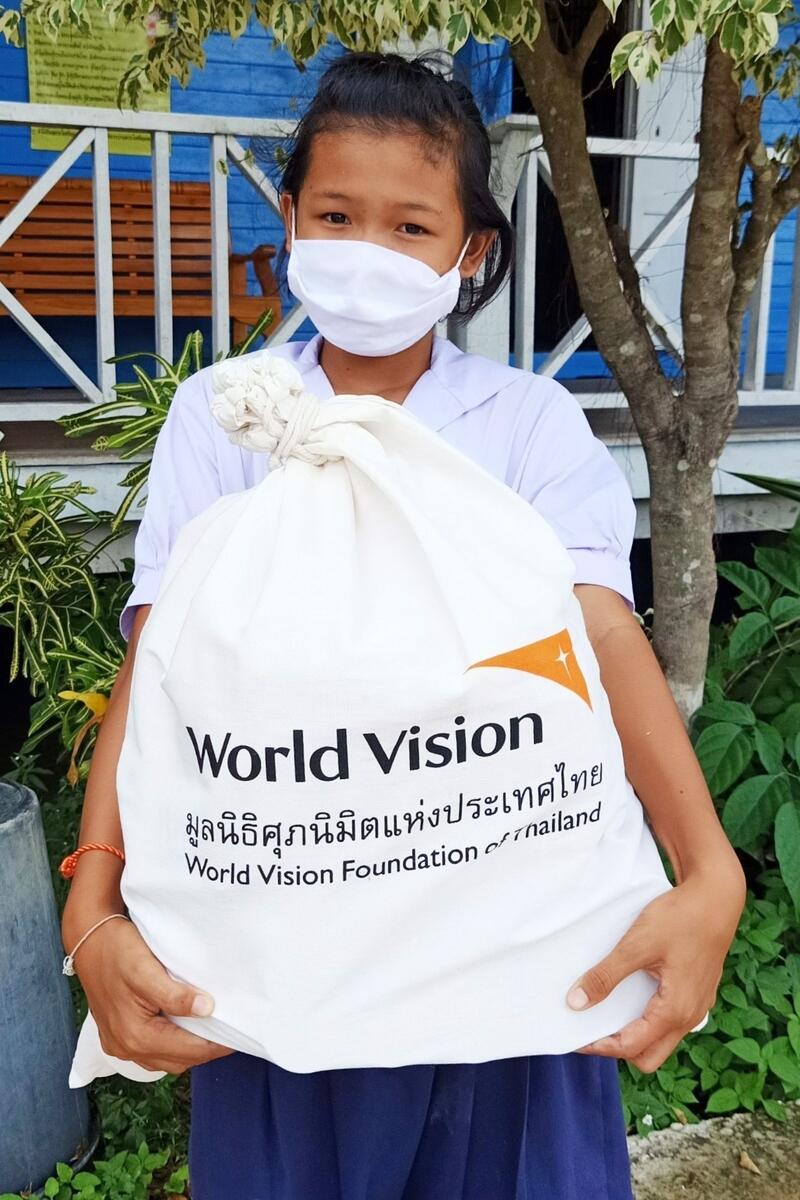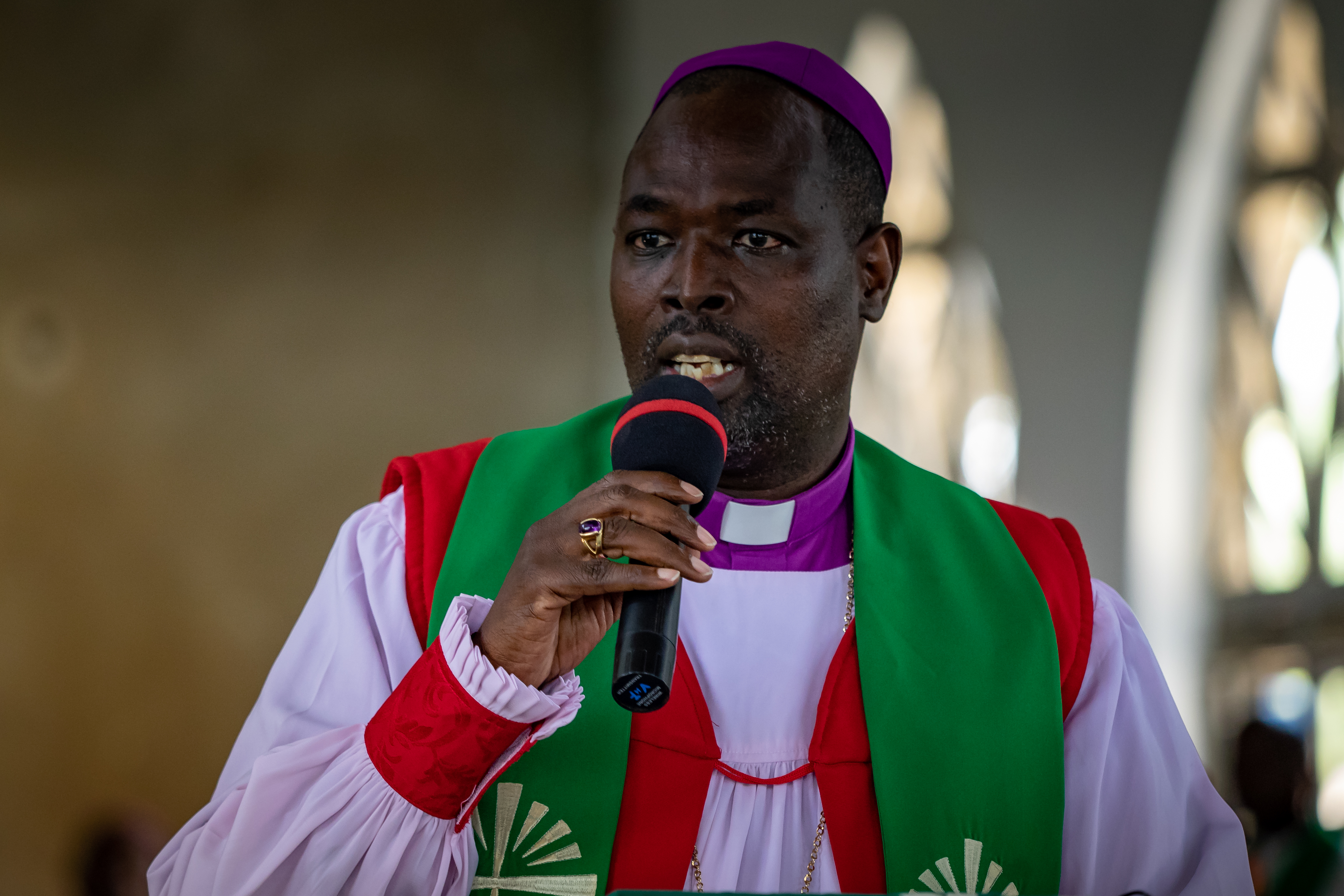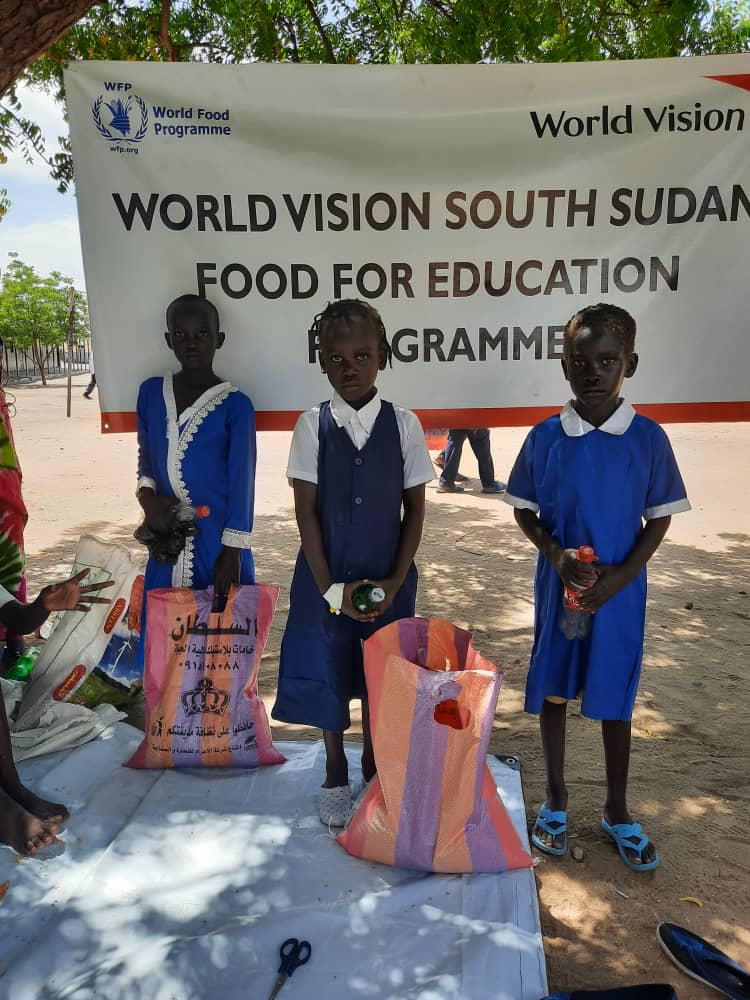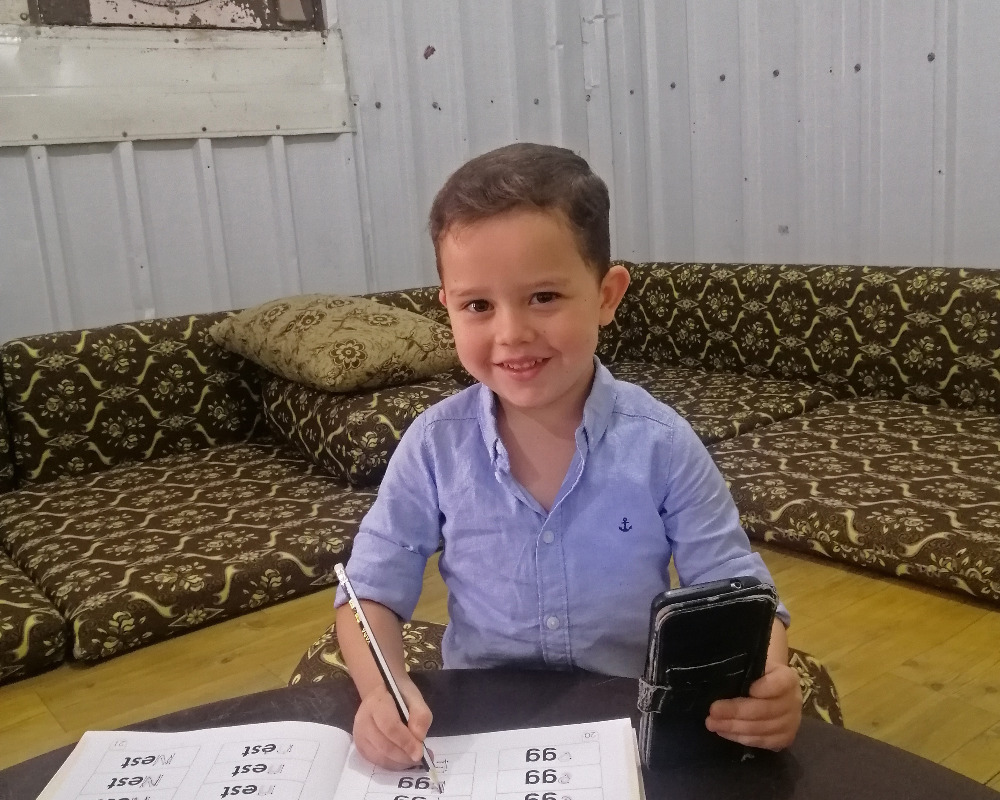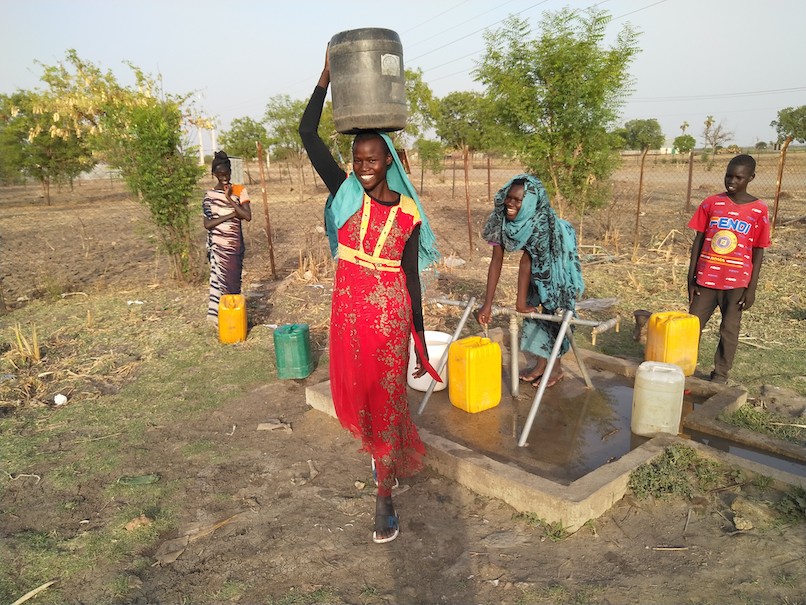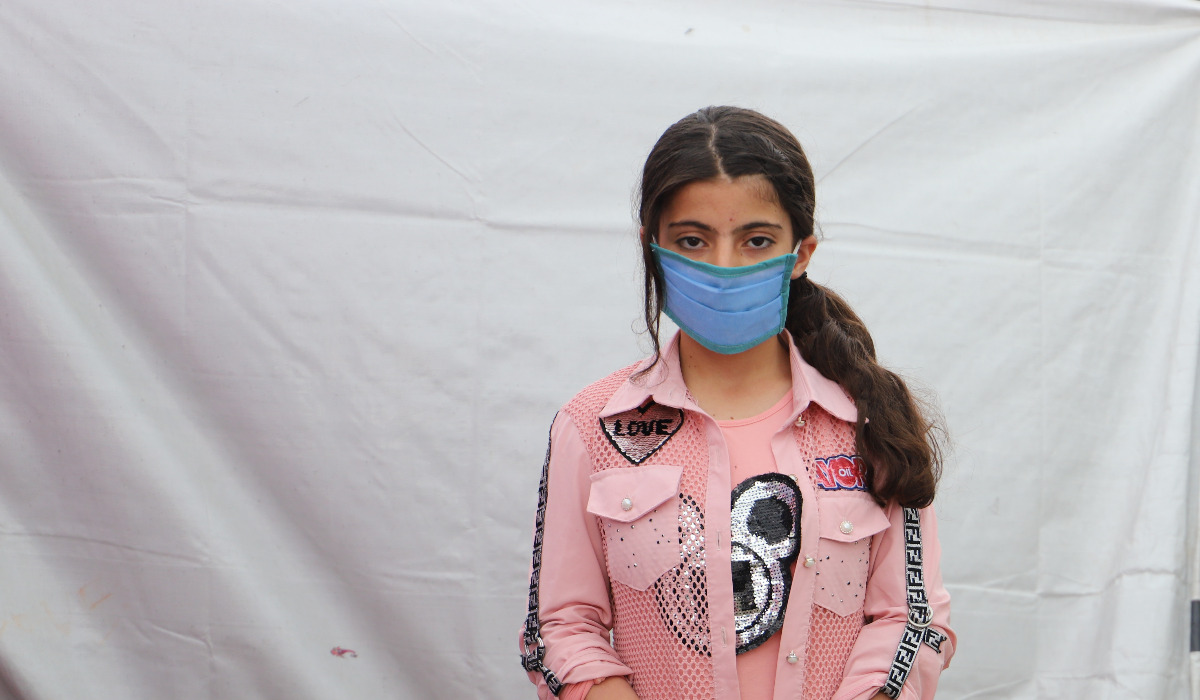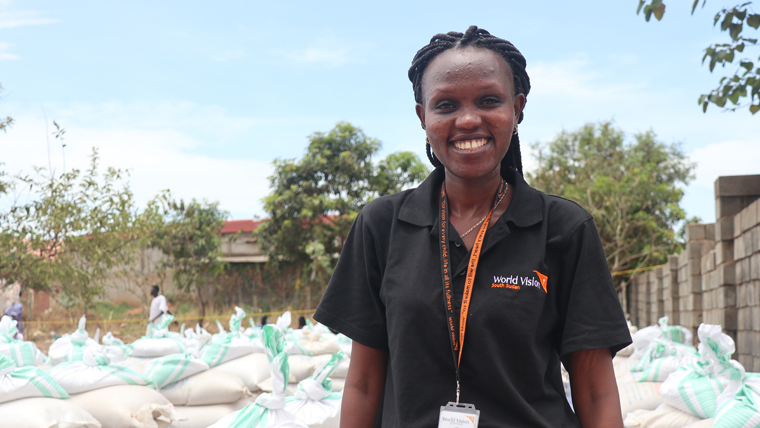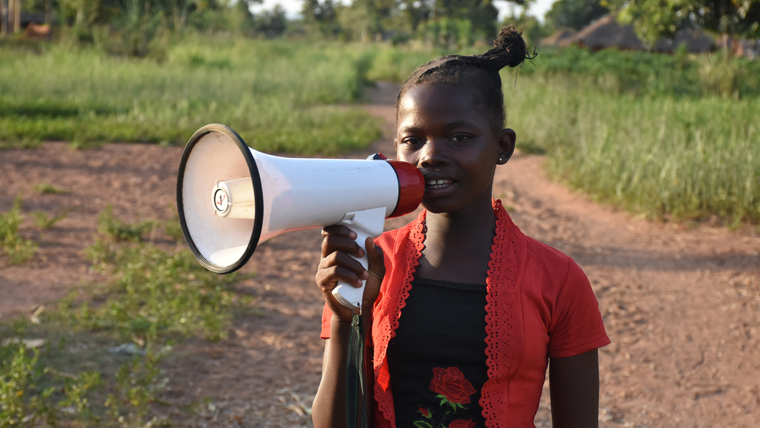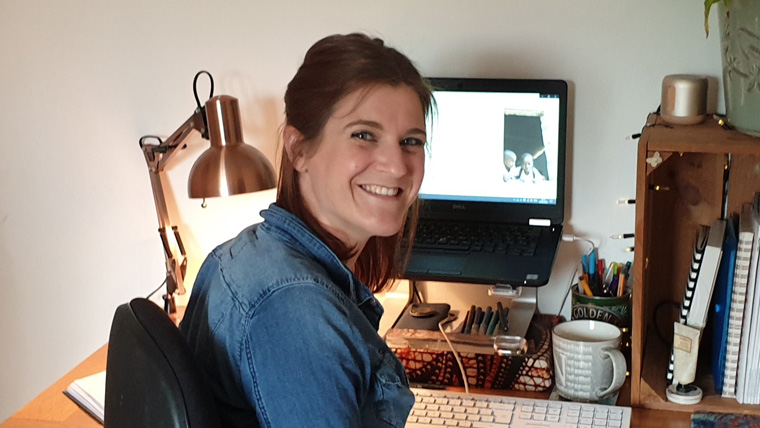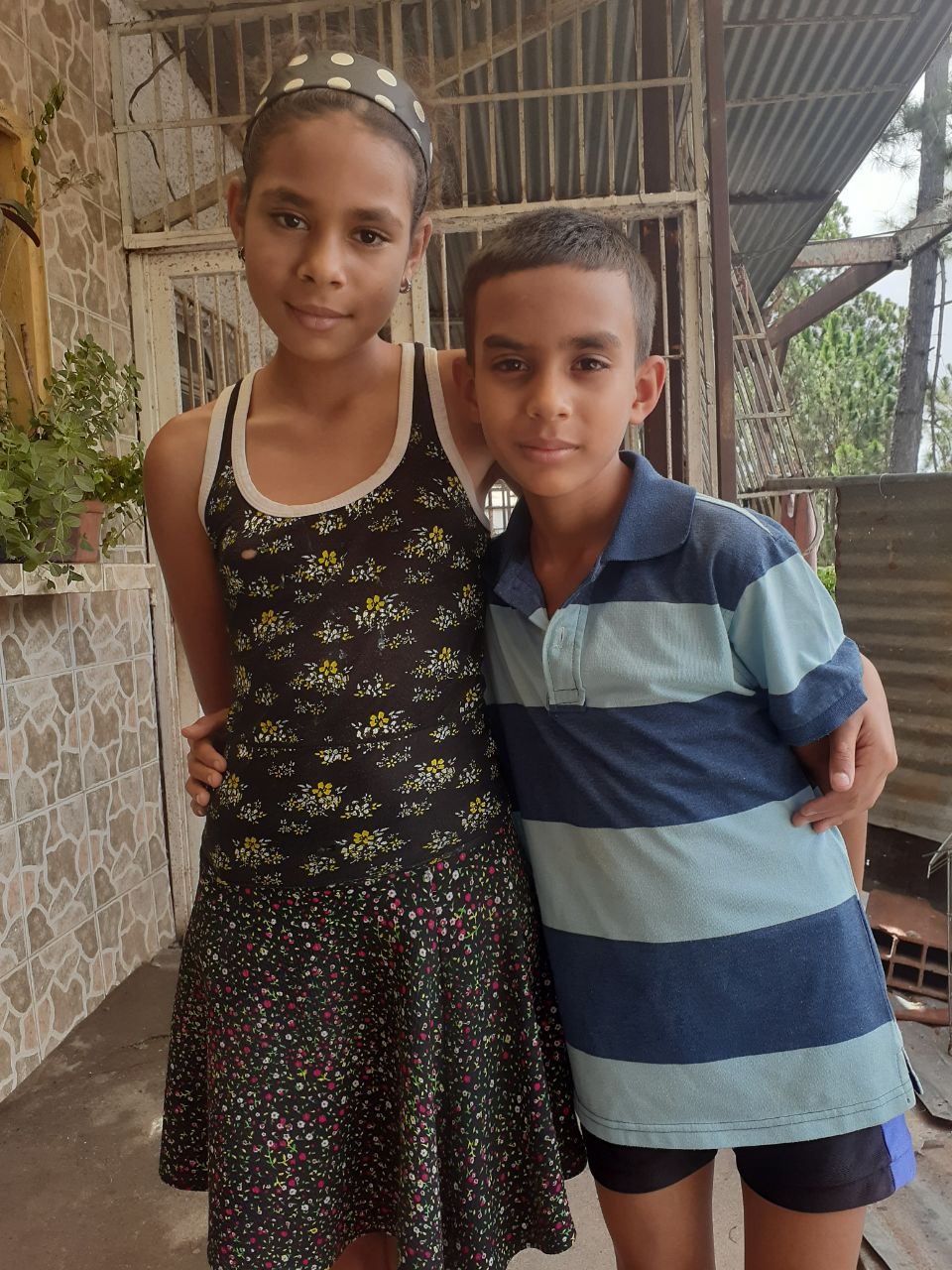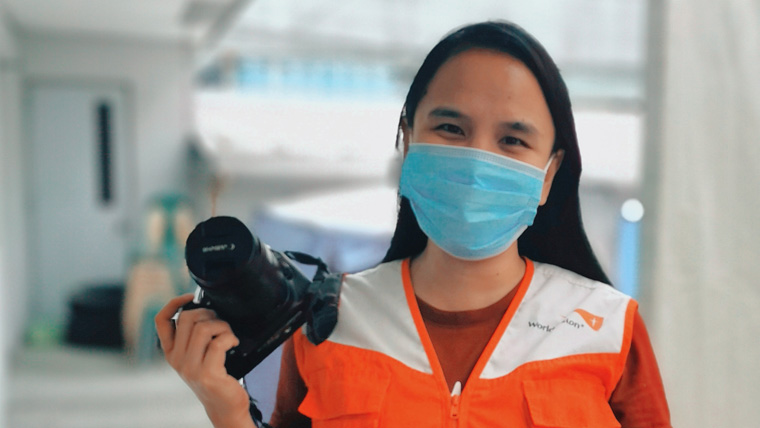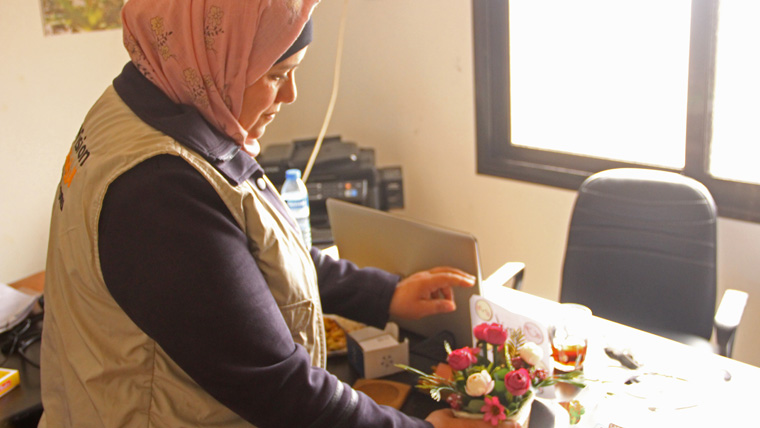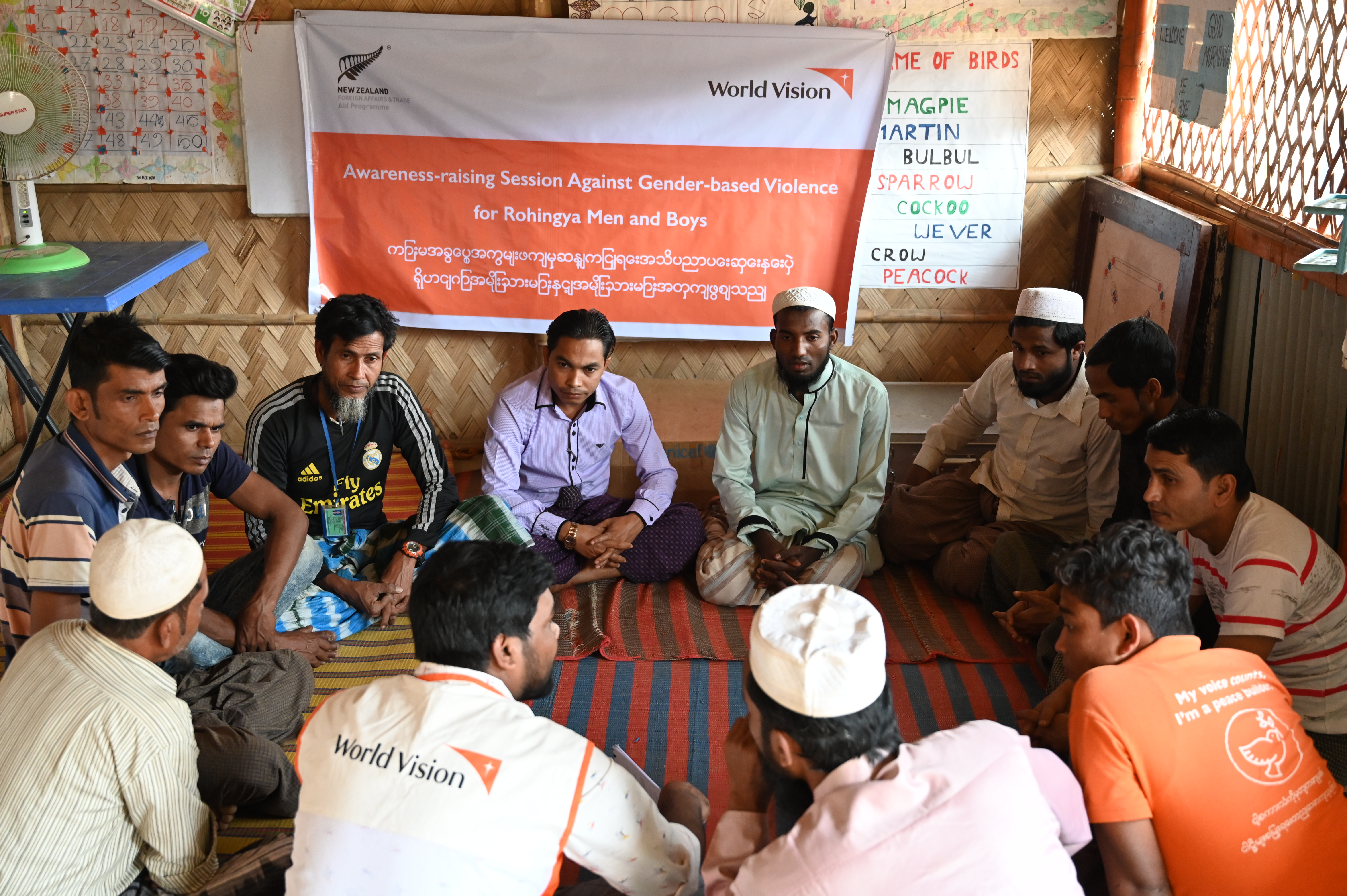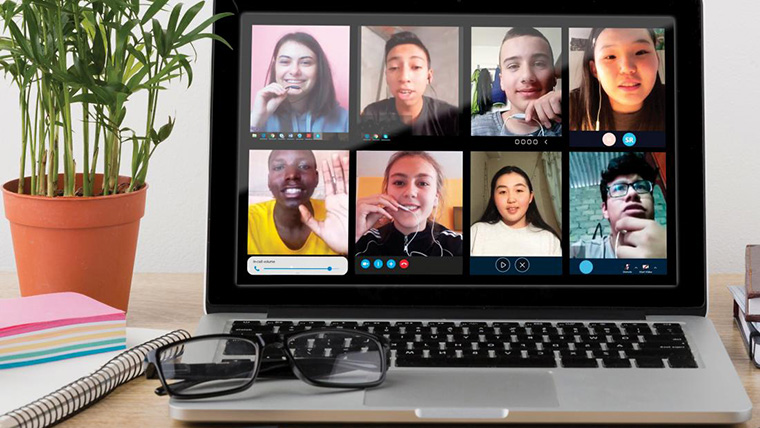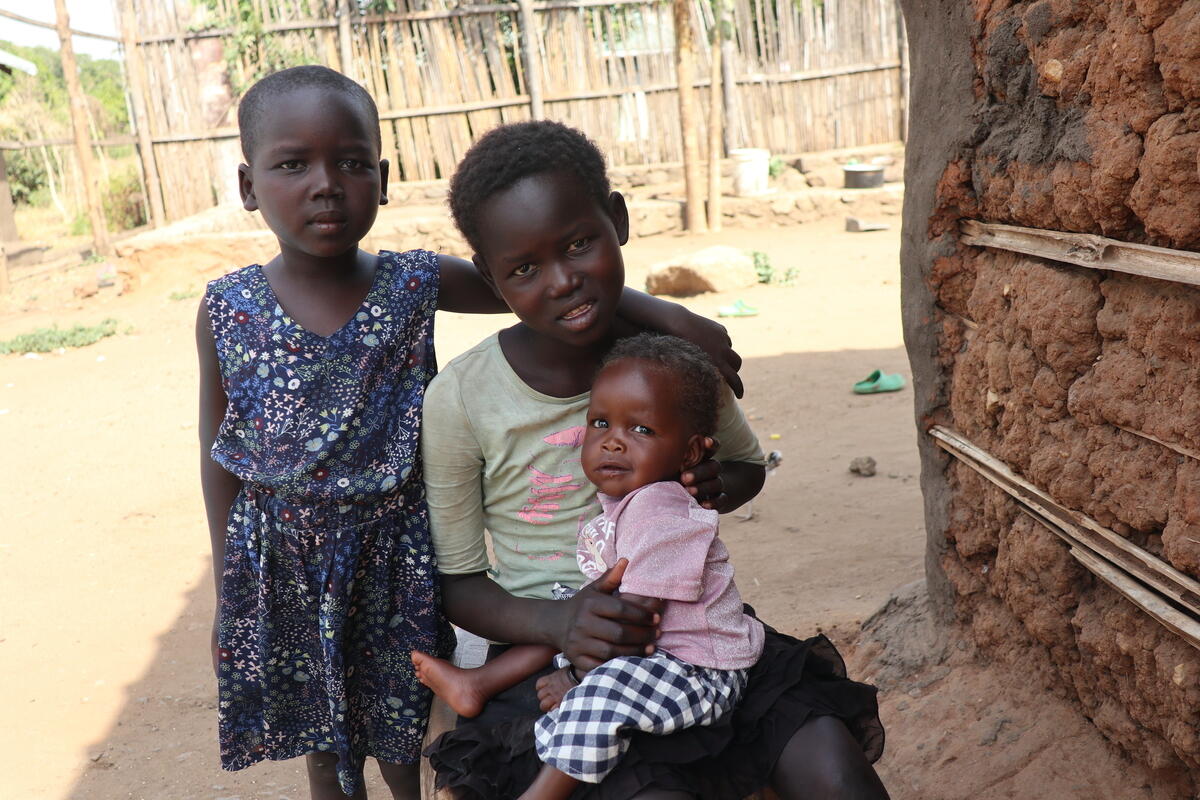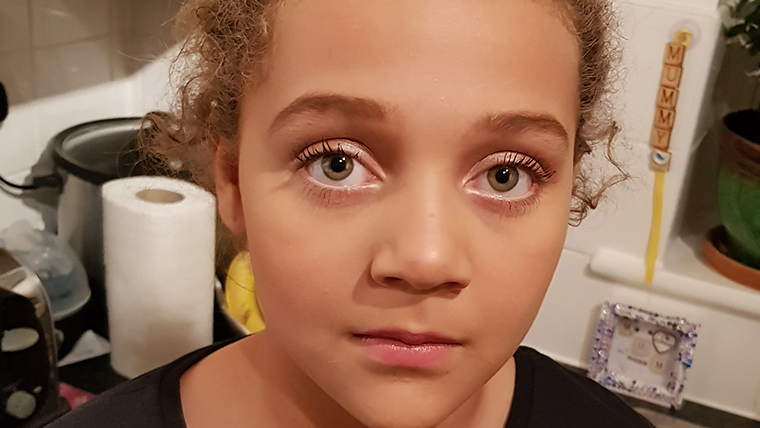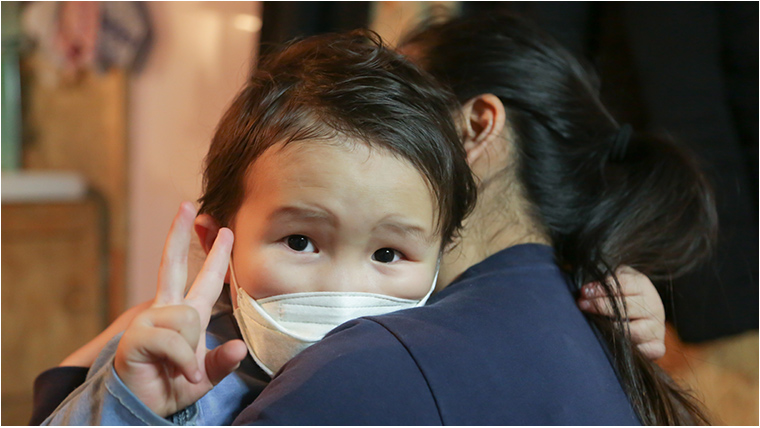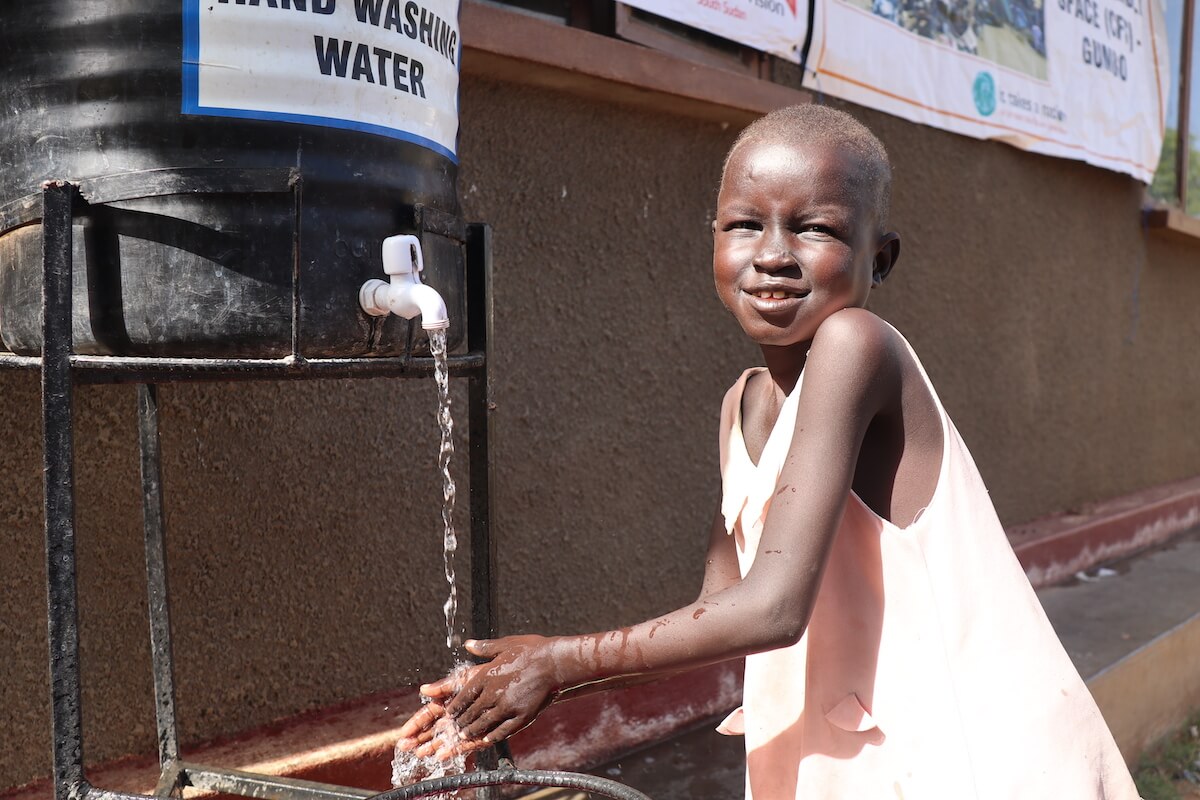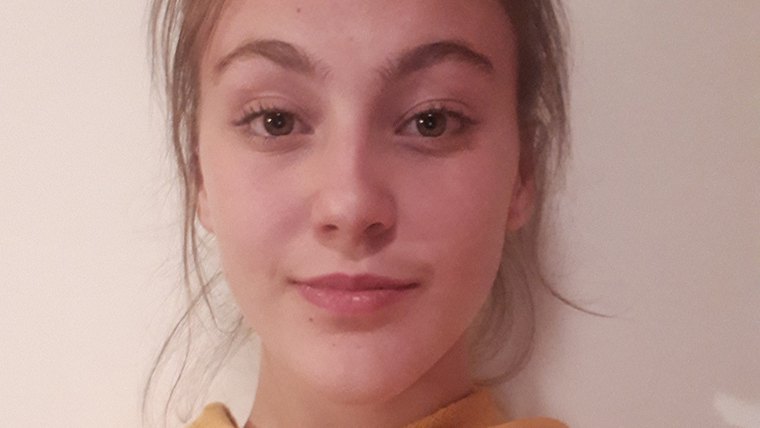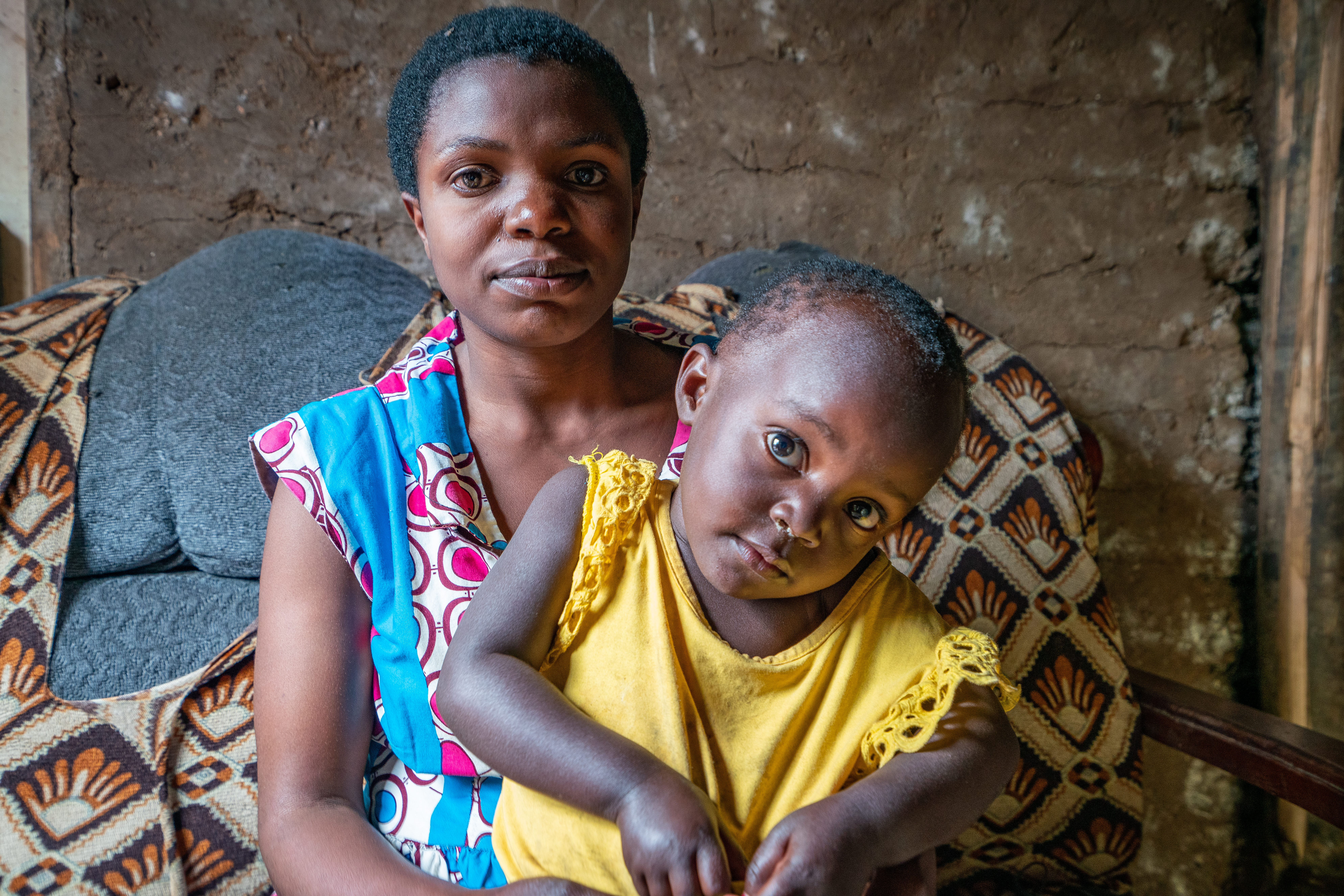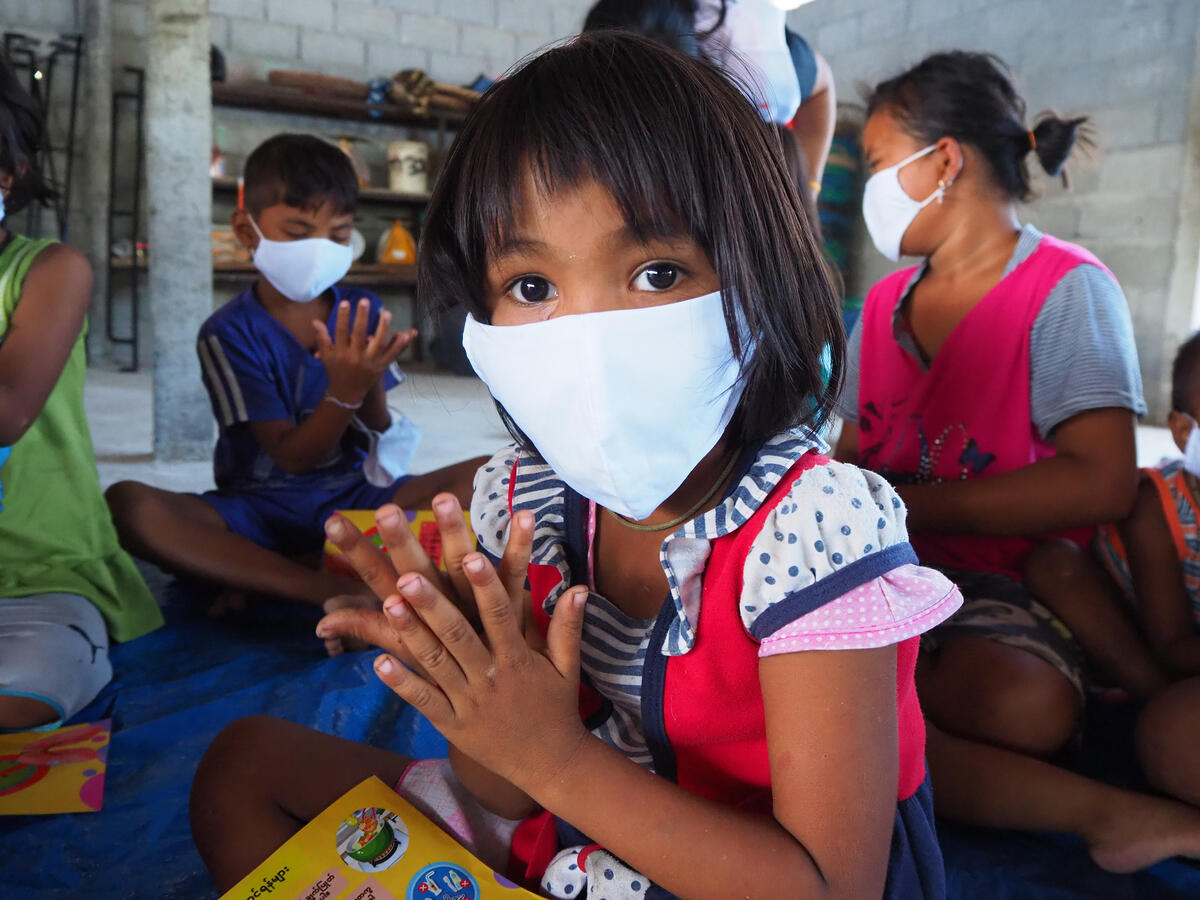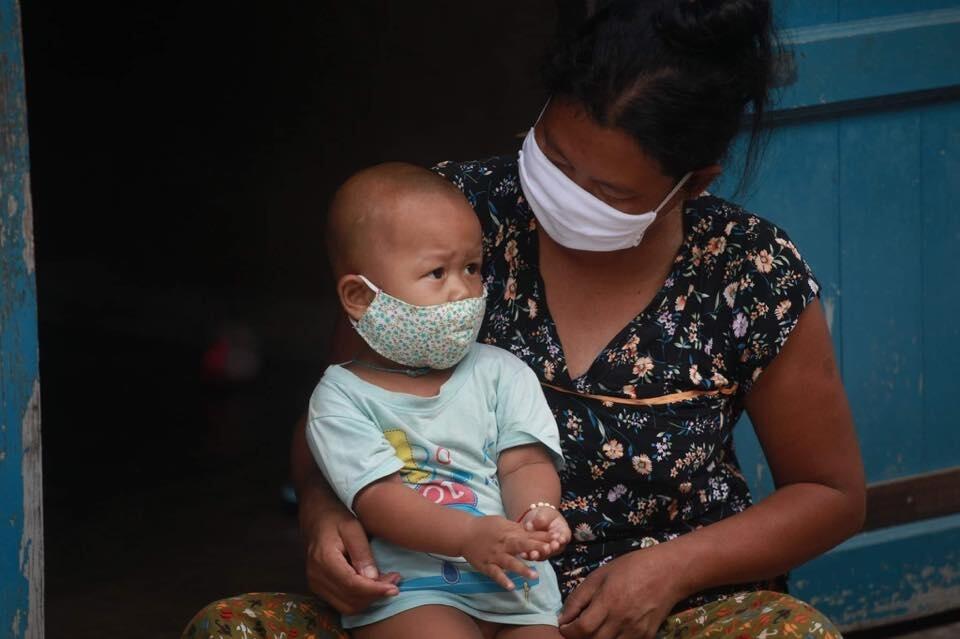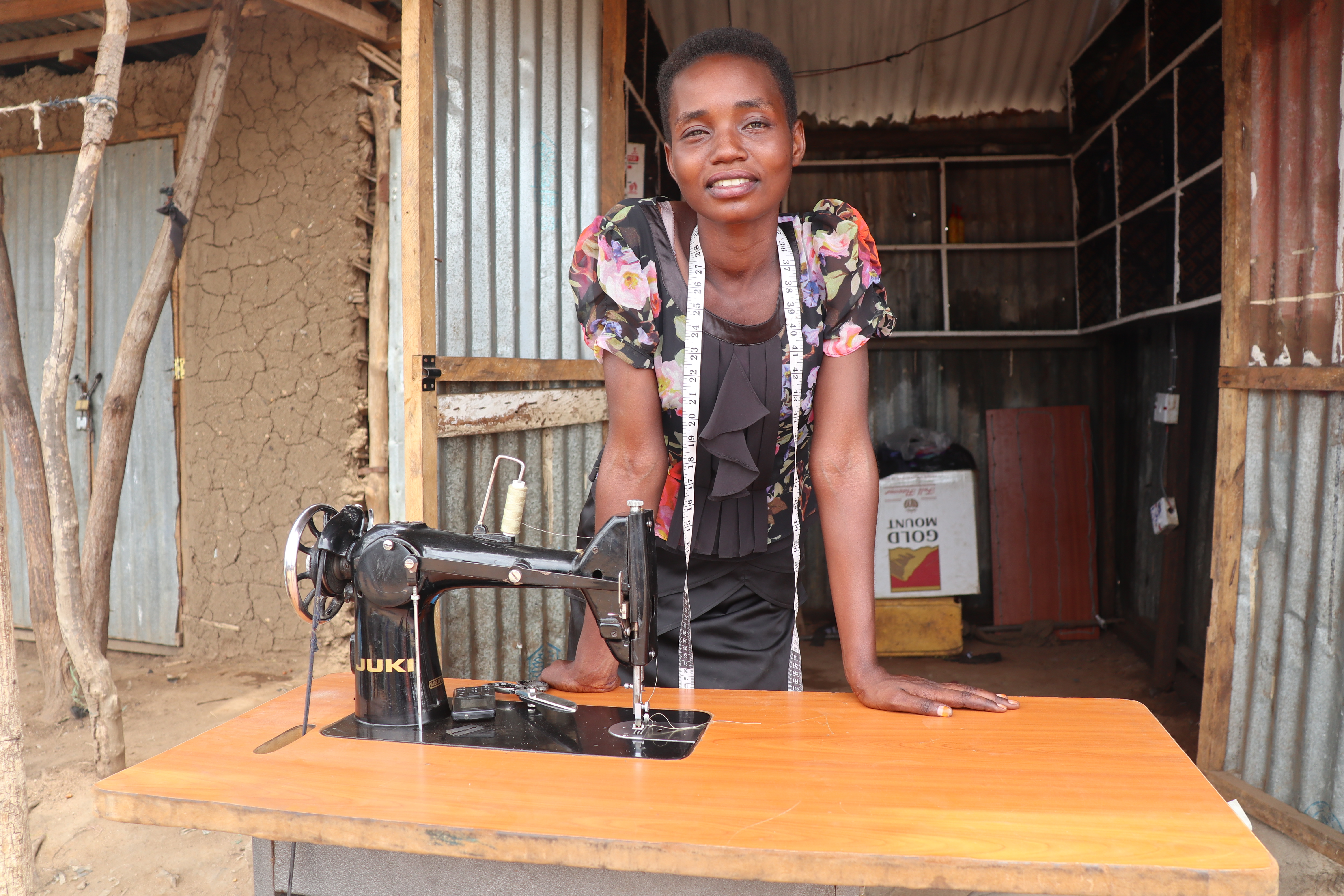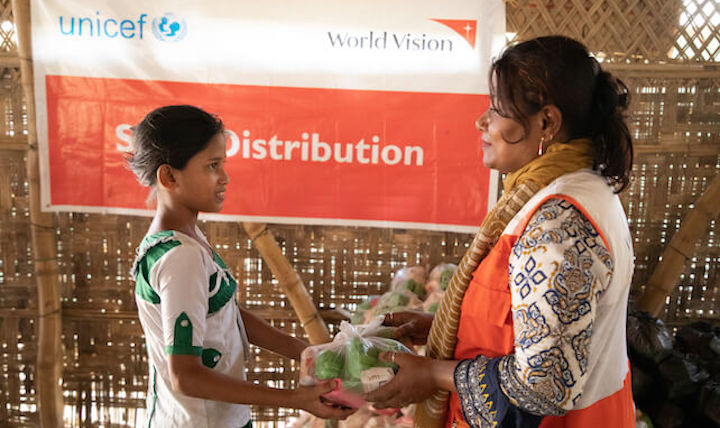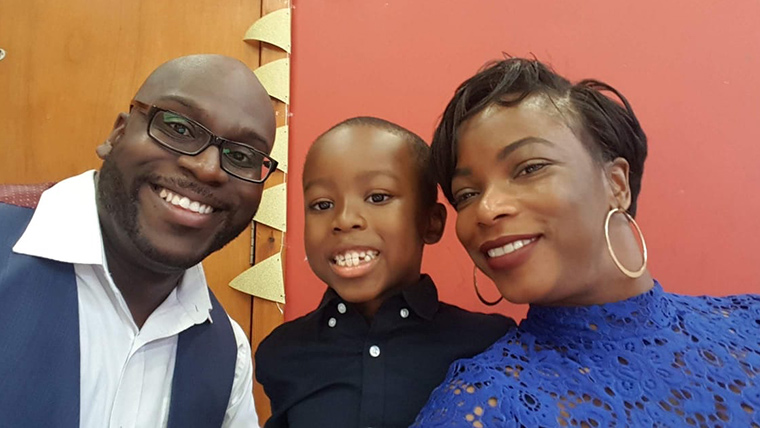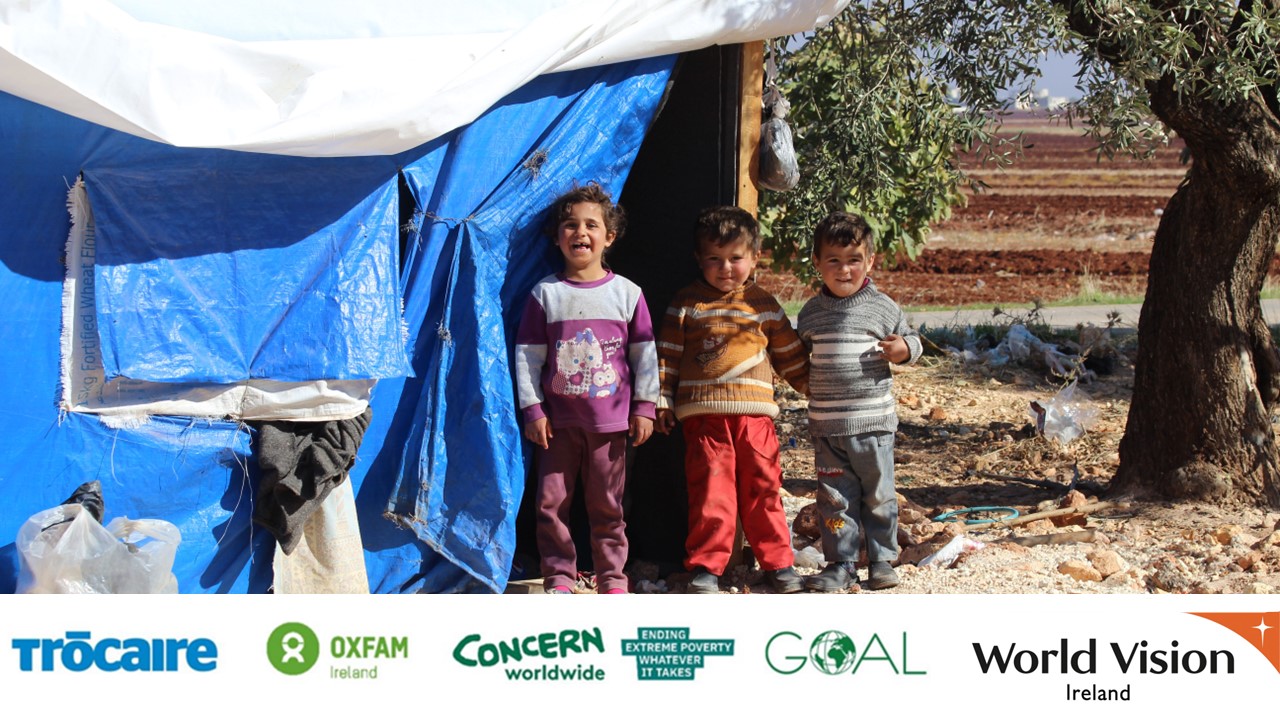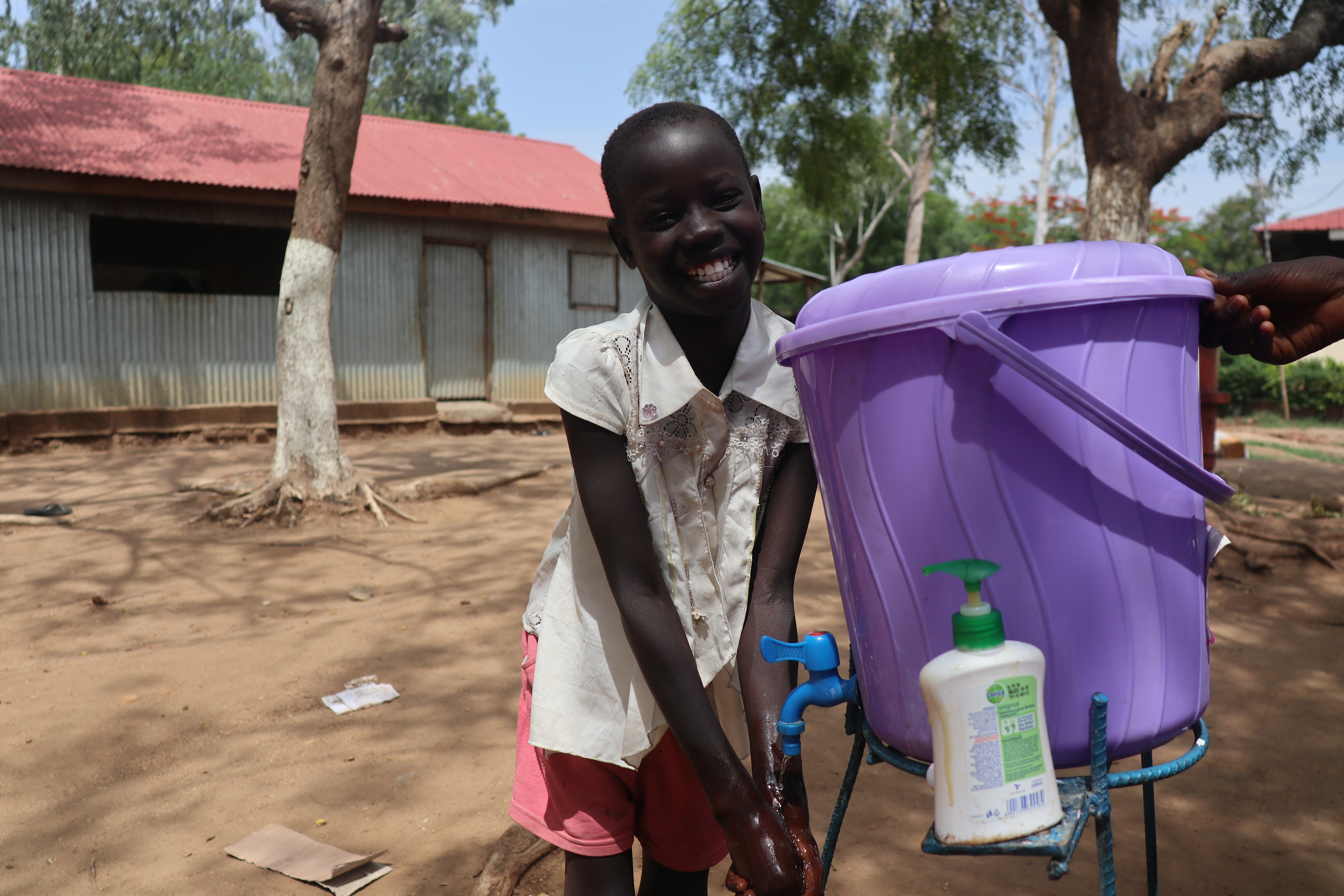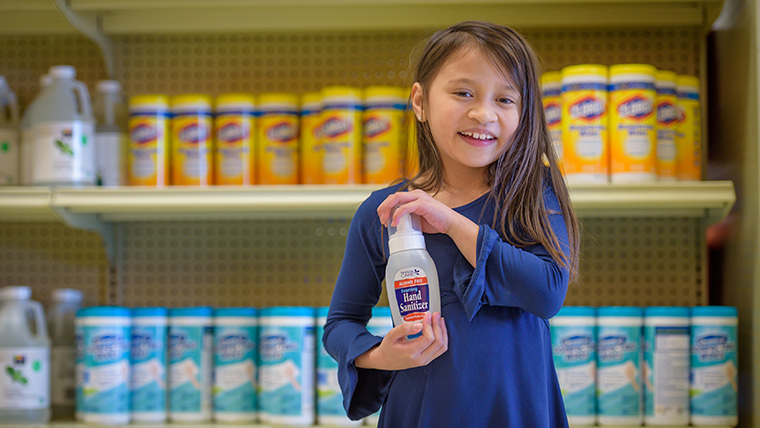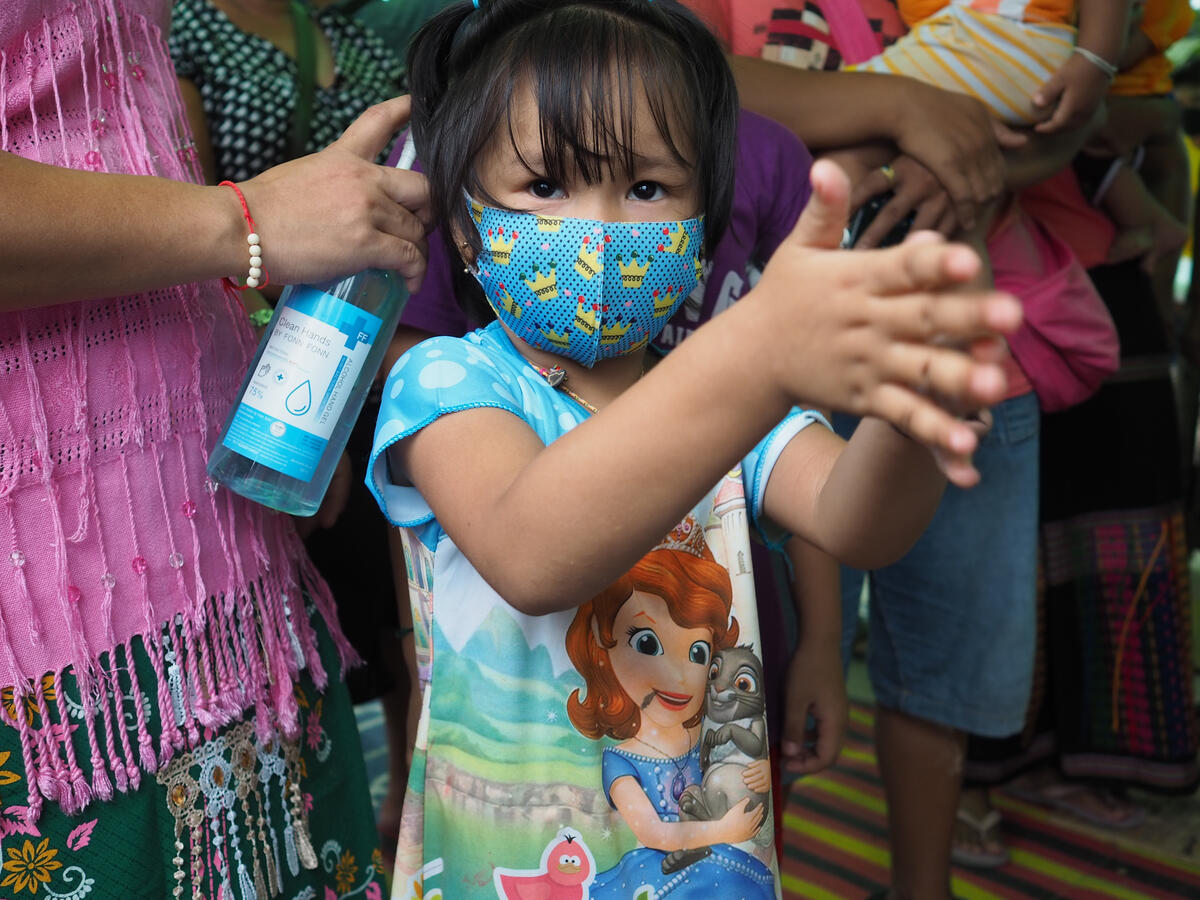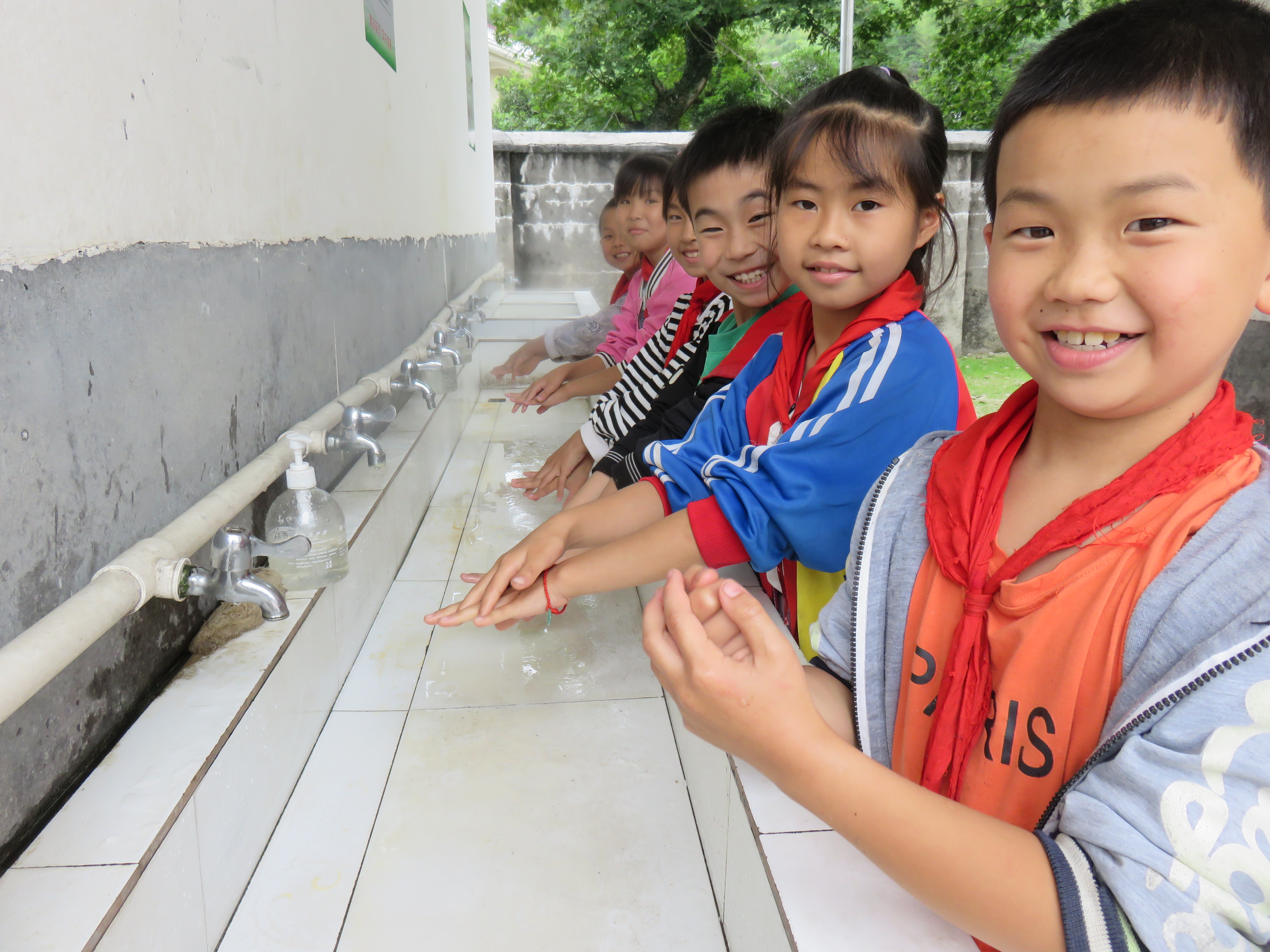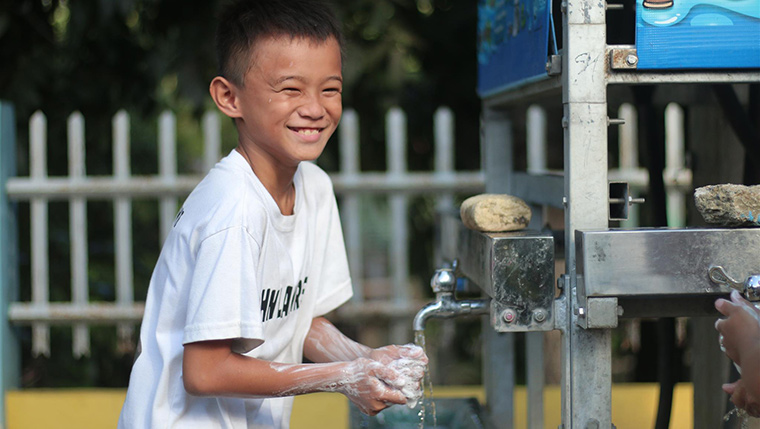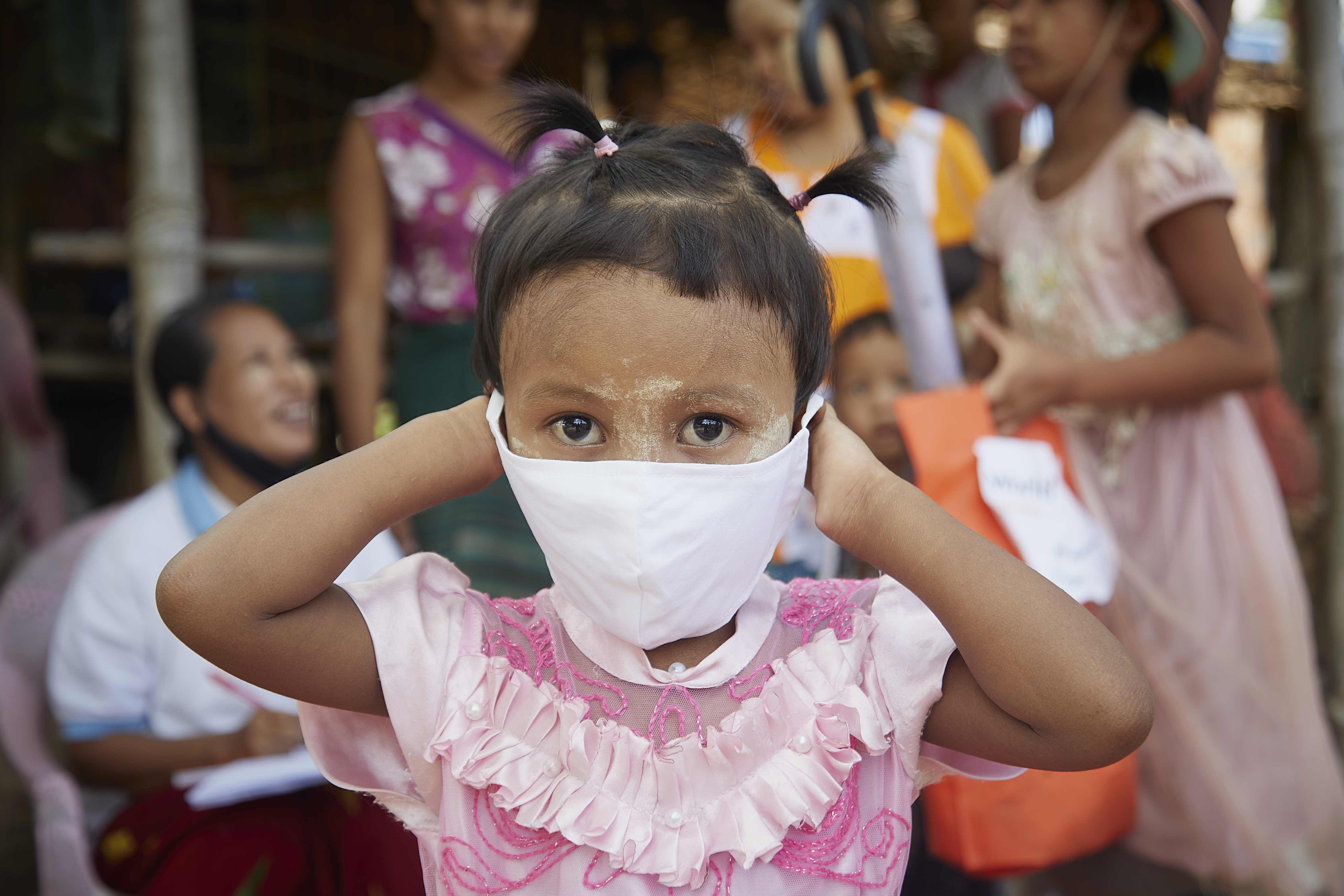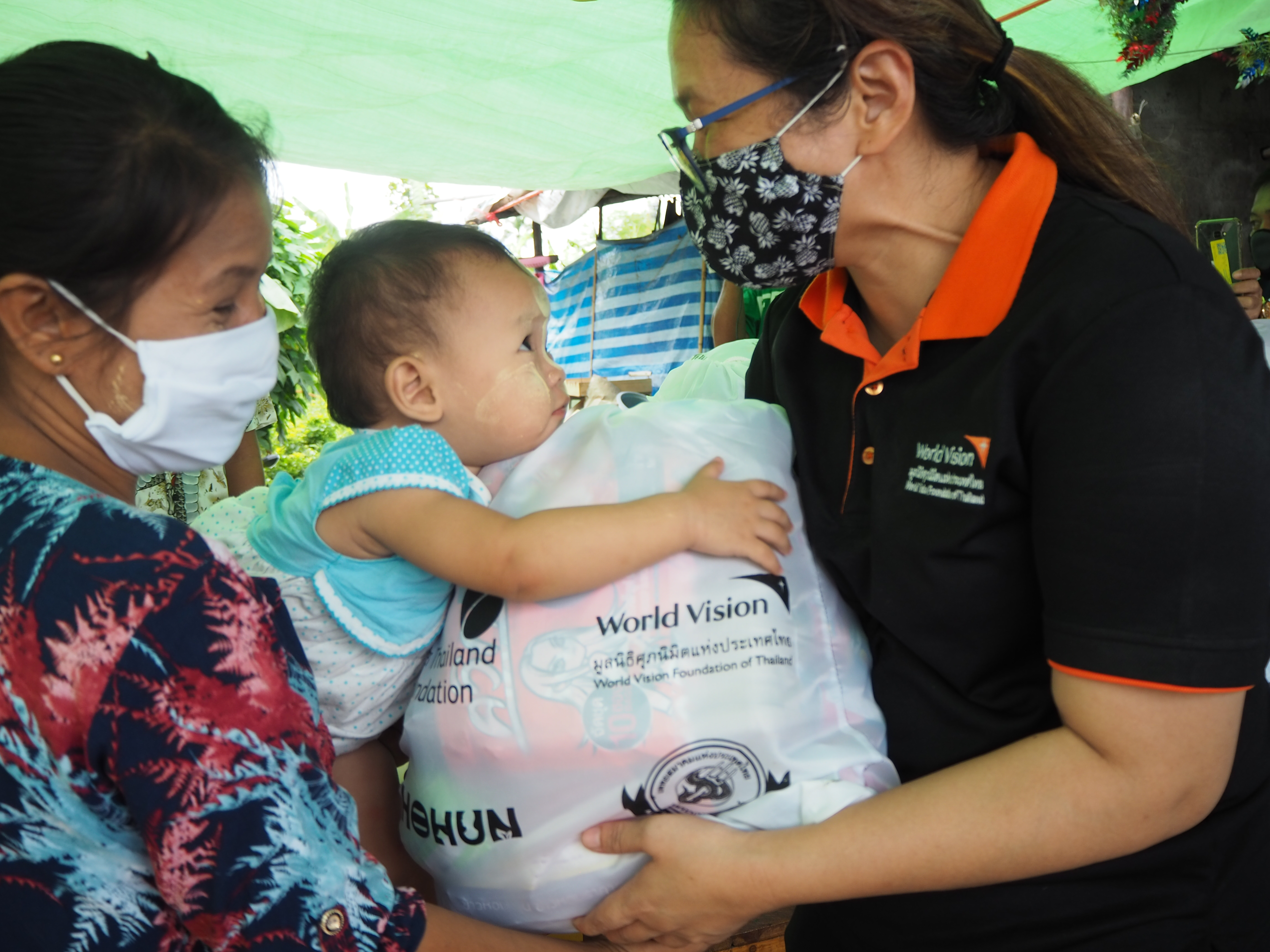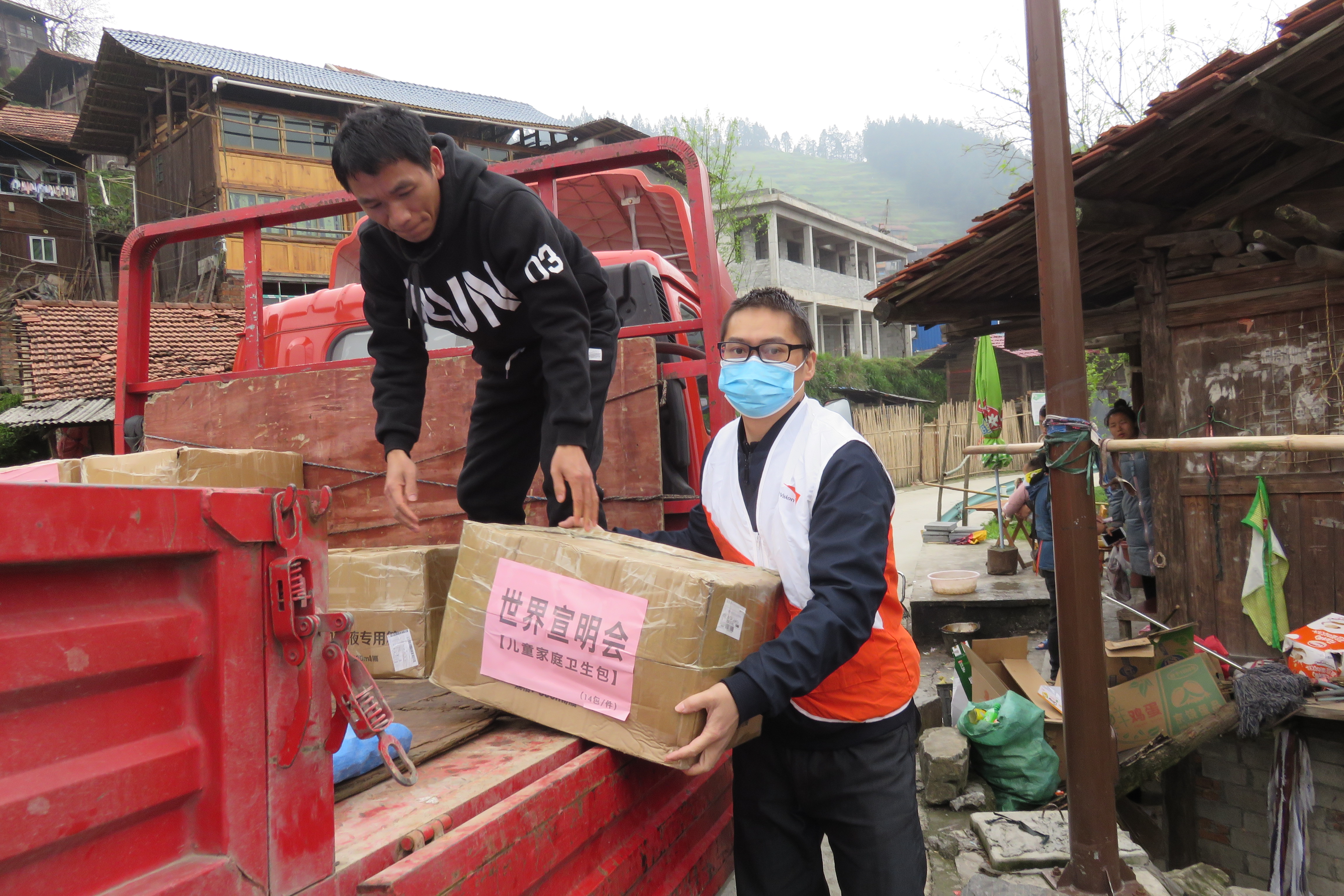
Coronavirus: Our fight to stop the spread
World Vision’s Tom Davis on how our teams are protecting vulnerable families
World Vision’s Global Lead for Health & Nutrition, Tom Davis, explains how, in the middle of a medical emergency, our teams are protecting vulnerable families by providing vital healthcare assistance and helping to combat misinformation and fear.
As the number of people being treated for novel coronavirus (COVID-19) in the UK increases, we’re all on the look-out for updates and new information. How do we protect ourselves and others? And when information, misinformation and rumour spread faster than the virus itself at times, who can we trust?
It’s no different in the countries where we work, where children and their communities already face many complex challenges, where healthcare and communications systems are a far cry from what we have at home.
How our history helps
In the last decade World Vision has been in the frontline combatting the devastating and debilitating impact of Ebola in West Africa and DR Congo, the worldwide H1N1 pandemic, and Zika in Latin America. Globally, our teams have vast experience helping communities prepare and respond to virus outbreaks.
Thankfully, good can come from such tragedy. With each killer disease, agencies like ours have learned important lessons about epidemic response. Responding to the coronavirus is going to take the same kind of experience.
In China, where the outbreak started, we are helping to contain the virus that has already infected more than 80,000 people, and resulted in more than 3,000 deaths. We have distributed medical equipment to hospitals, delivered 400,000 facemasks and thousands of bottles of disinfectant and ensured 1,700 medical professionals have vital protective clothing. We’ve also provided 50,000 families with hygiene packs including hand sanitisers, soap, tissues and thermometers.
This is difficult, round-the-clock work. The vast majority of our staff members come from the communities where we work, so my colleagues aren’t just helping suffering strangers. Those men, women and children affected by disease outbreaks are often friends, neighbours, colleagues, and family.
Limiting the spread of coronavirus is critical because those who are already suffering from chronic health issues or who are elderly are especially at risk. The disease can cause severe respiratory symptoms and death, and there is still much to learn.
The impact of COVID-19 on children
World Vision is especially concerned about coronavirus spreading to people living in poorer countries that lack hospitals and, medical staff, have weak health systems and don’t have the means to effectively monitor transmission and treat the large numbers of people ose who fall ill. In these contexts, the virus could spread through crowded urban areas, refugee camps, and into rural communities where there are often few medical staff doctors. Also, studies on past epidemics like Ebola have found that many children can die as critical routine health services for children (e.g. testing and treatment for malaria) become disrupted as health staff focus on the influx of cases brought on by an epidemic.
Whilst the majority of coronavirus cases and deaths appear at this point to be adults – that doesn’t mean children aren’t at risk too. Parents and in particular grandparents often serve as important caregivers of young children. When family members are sick and cannot work or put food on the table, children are at a higher risk of malnutrition, diarrhoea and other killer diseases. If they die, children can be left to fend for themselves and become vulnerable to violence, abuse and exploitation.
This is why it is crucial that countries with strong health systems and economies – like the UK – help those that don’t. We’re calling on the UK’s Department for International Development to urgently publish detailed plans on how it will assist nations which will struggle to cope with an outbreak.
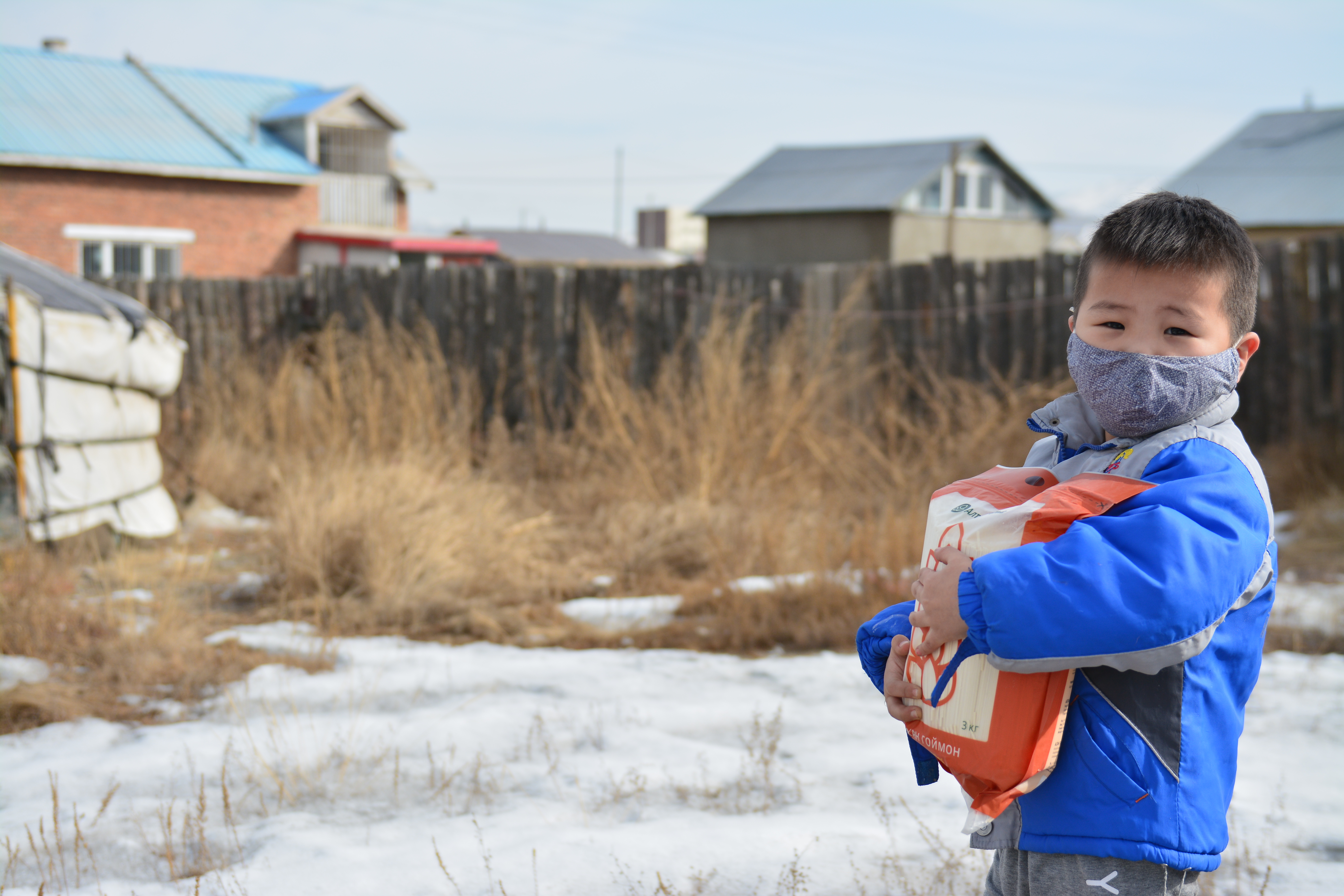
Faith in action
So how is World Vision supporting vulnerable children and their communities to cope in the face of this threat? In addition to promoting preventive behaviours and providing health facilities with medical equipment, as well as offering families practical support, a key approach for World Vision all around the world has been to partner with leaders who are trusted by communities. We have seen that community engagement via trusted leaders can be instrumental in slowing the spread of diseases like coronavirus.
Our experience tells us that in many parts of the world, it’s their faith leaders that people trust the most. But pastors, priests and imams are trained in theology not medicine. So, while people will listen to them, they need to know they’re giving the right information, to the right people at the right time.
That’s when they come to World Vision. As a Christian organisation, we already have deep links and mutual understanding with communities of various faiths, throughout the world. And as recognised experts in children’s health, particularly in places with weaker health systems, our partners know that we give good advice.
In 34 countries, we’re working closely with faith leaders in many communities, as part of our Channels of Hope programme. Designed to equip leaders to educate and work with their communities on issues of gender, child protection and health, Channels of Hope has recently helped communities to protect themselves against other dangerous epidemics, like from Ebola.
During the most recent Ebola outbreak in the Democratic Republic of Congo, training supported helped local faith leaders to teach their congregations to protect themselves, recognise symptoms, and know what action to take – and not take.
Father Claude
Faith leader in Butembo, DCR
Faith leaders around the world
We’ve all heard about the importance of regular and thorough handwashing to kill the coronavirus and stop its spread. But how do you get that message across in places where clean water is in short supply and hand washing stations are scarce? In some vulnerable communities, central handwashing points have been set up at meeting places and local faith leaders are using their unique position to promote them.
In communities around the world, faith leaders are using their Channels of Hope training to help local people prepare for coronavirus:
- In Taiwan, church leaders are sharing the latest information and guidance as part of their Sunday sermons. Good information, from trusted sources is helping to reduce misconception and fear in their communities.
- In Sierra Leone, faith leaders are using the knowledge they received during the Ebola outbreak there, to lead handwashing and infection control trainings among their communities.
- Senior faith leaders in Uganda are taking it further, working with county and local leaders to help prepare action plans. And their Community Hope Action Teams are directly speaking with people, helping to alleviate fear and correct misconceptions.
Here in the UK, we’re supporting our colleagues around the world, and we’re praying. If you’re able, please join us to pray:
- For children, everywhere – that they’ll continue to be protected them from this disease and any anxiety they feel will be calmed, and that other health services that they desperately need will not be suspended.
- For faith leaders – give them the confidence to share positive preventive health messages and know the best way to support their communities.
- For health professionals – give them strength and patience, protect them from this disease so that they can look after those in their care well.
- That this outbreak will be managed responsibly by authorities everywhere, and that it will end sooner rather than later.

